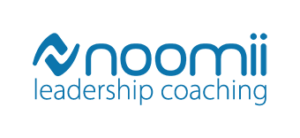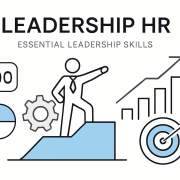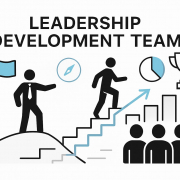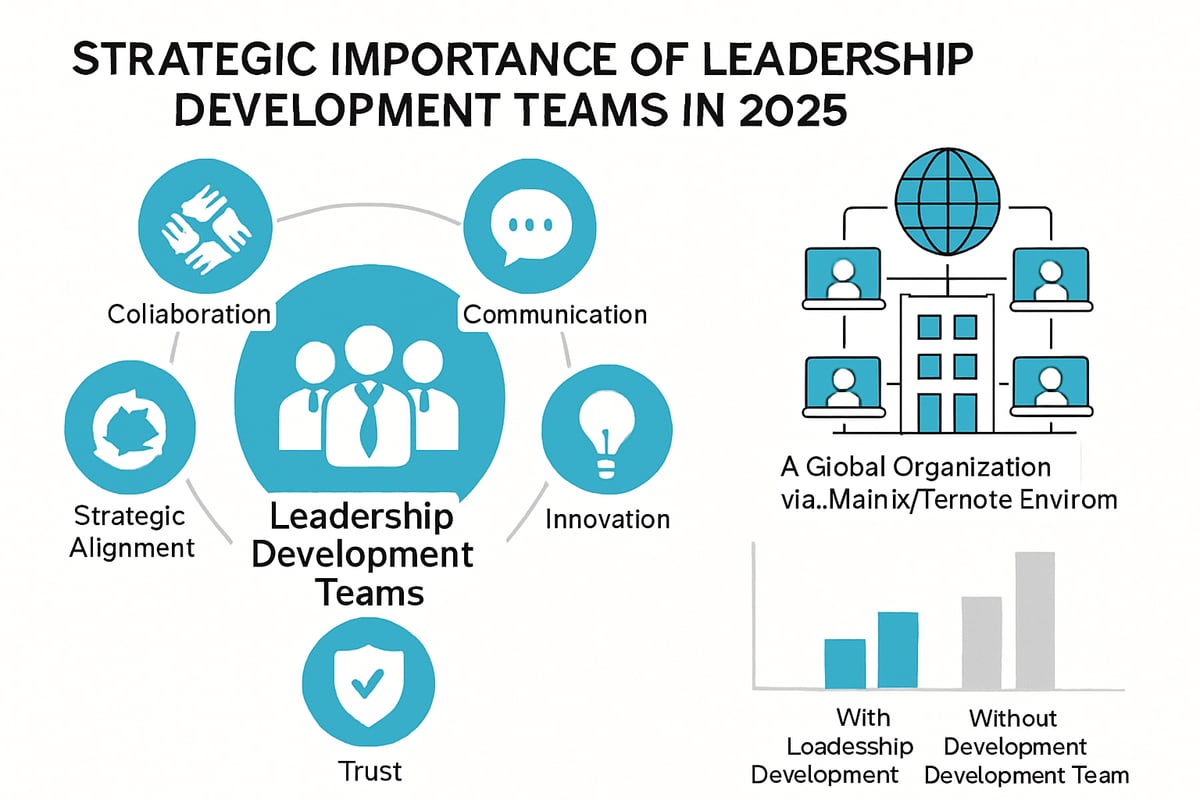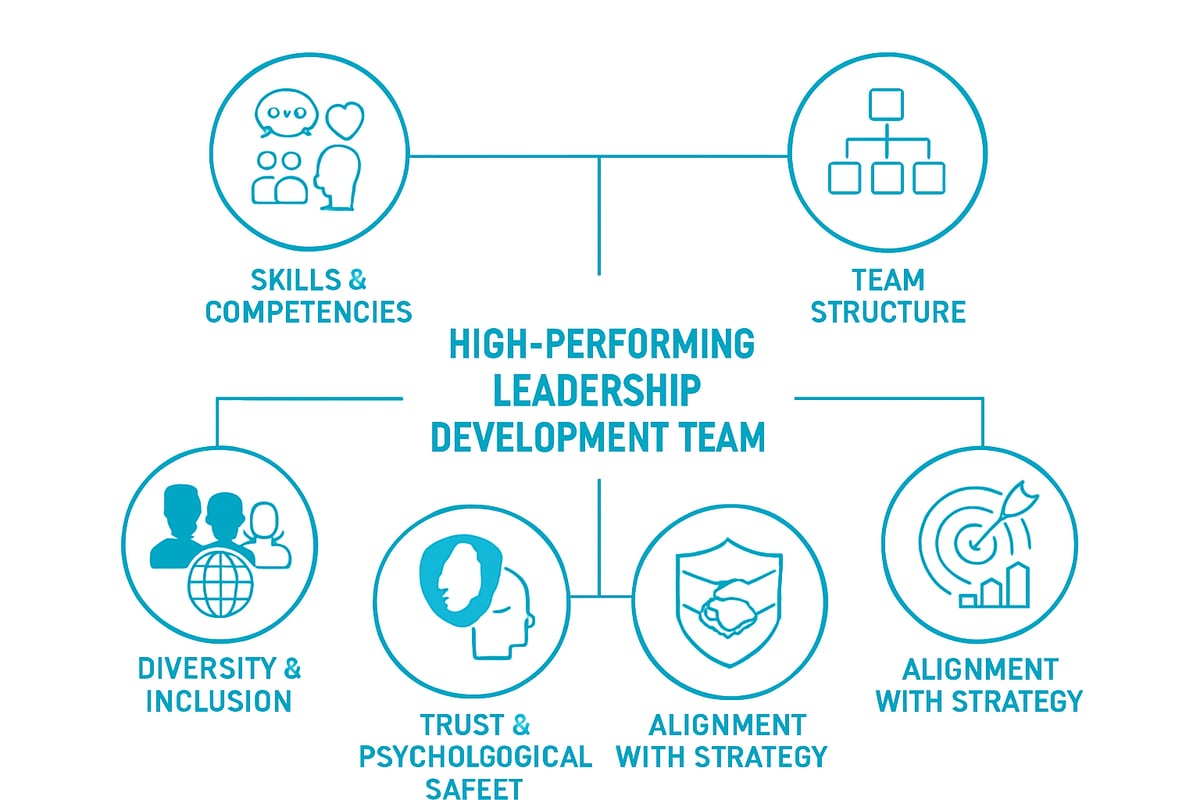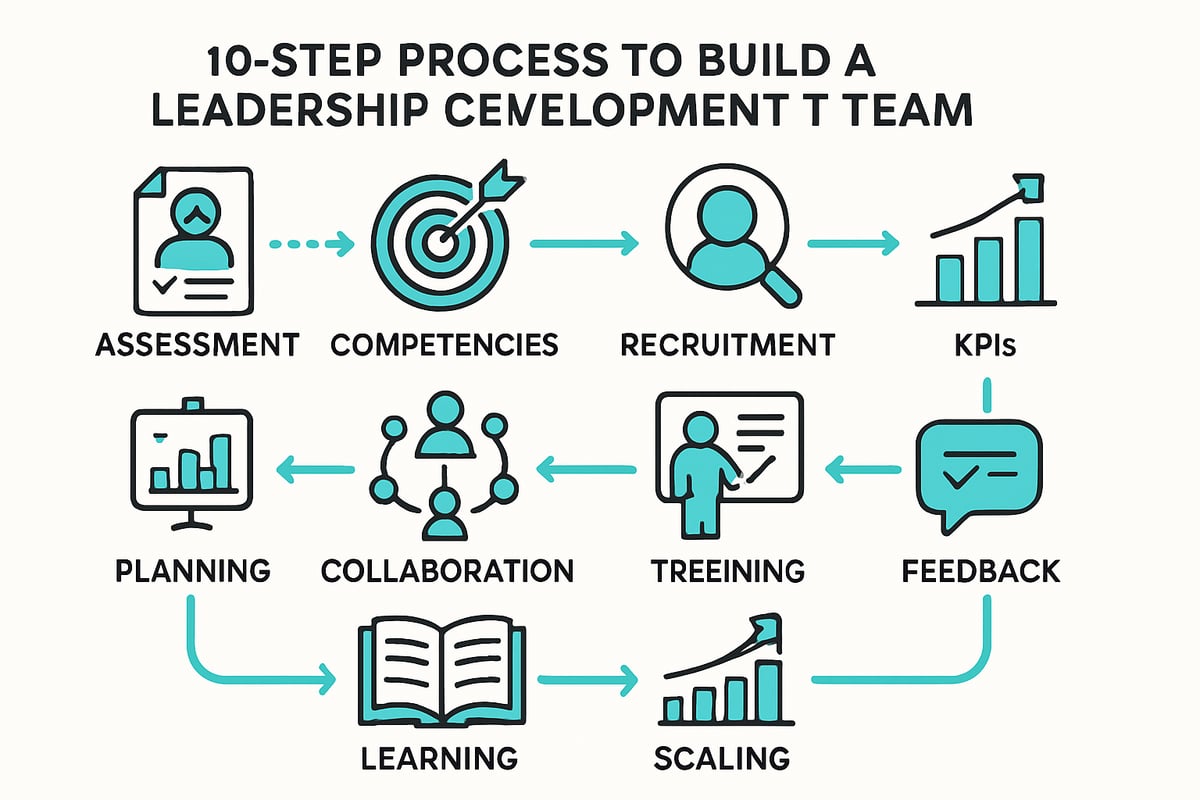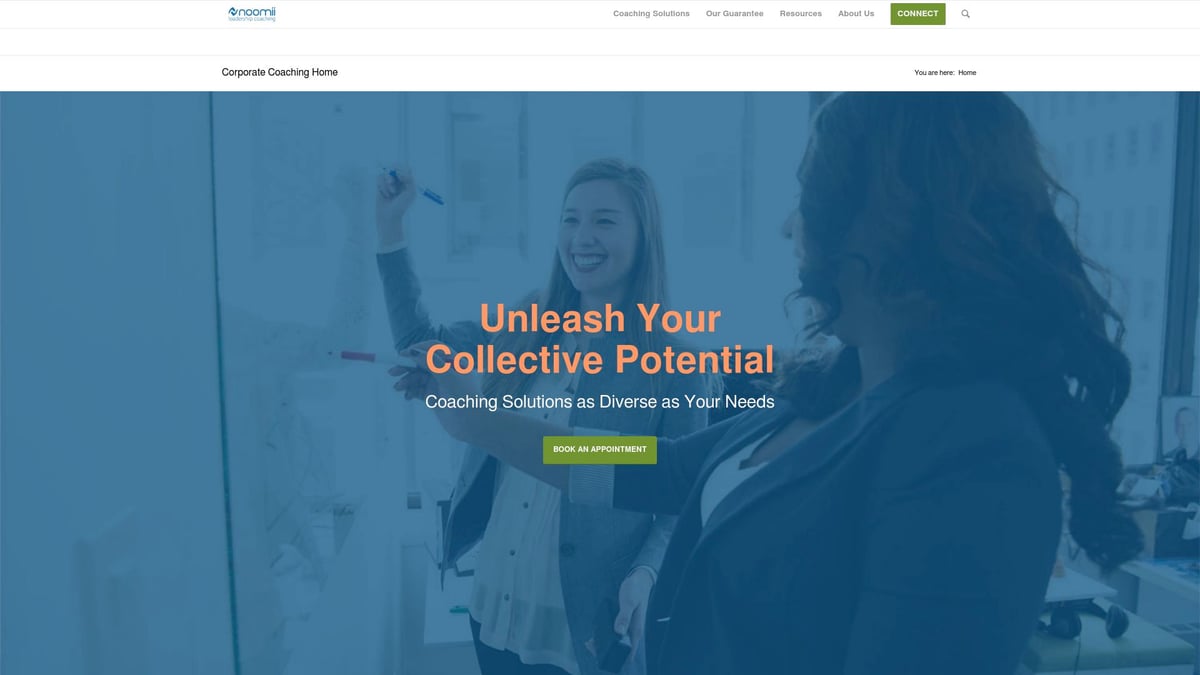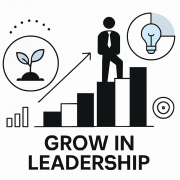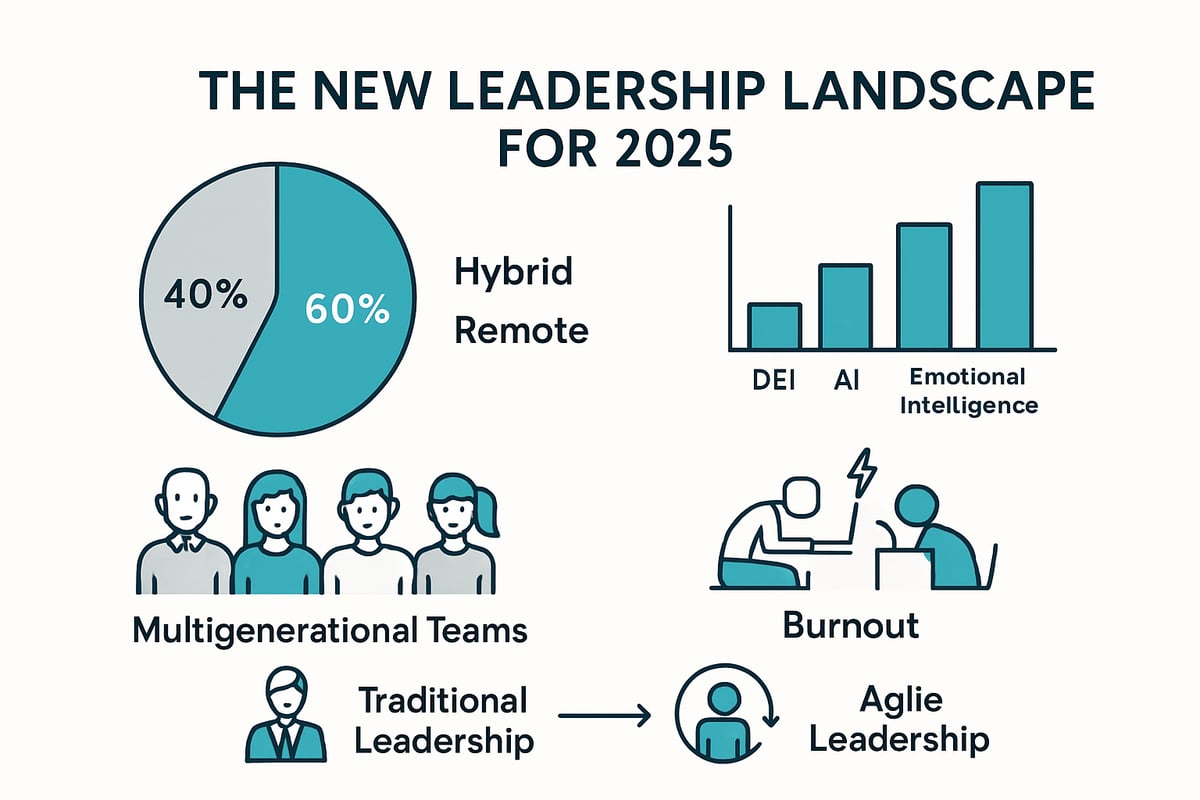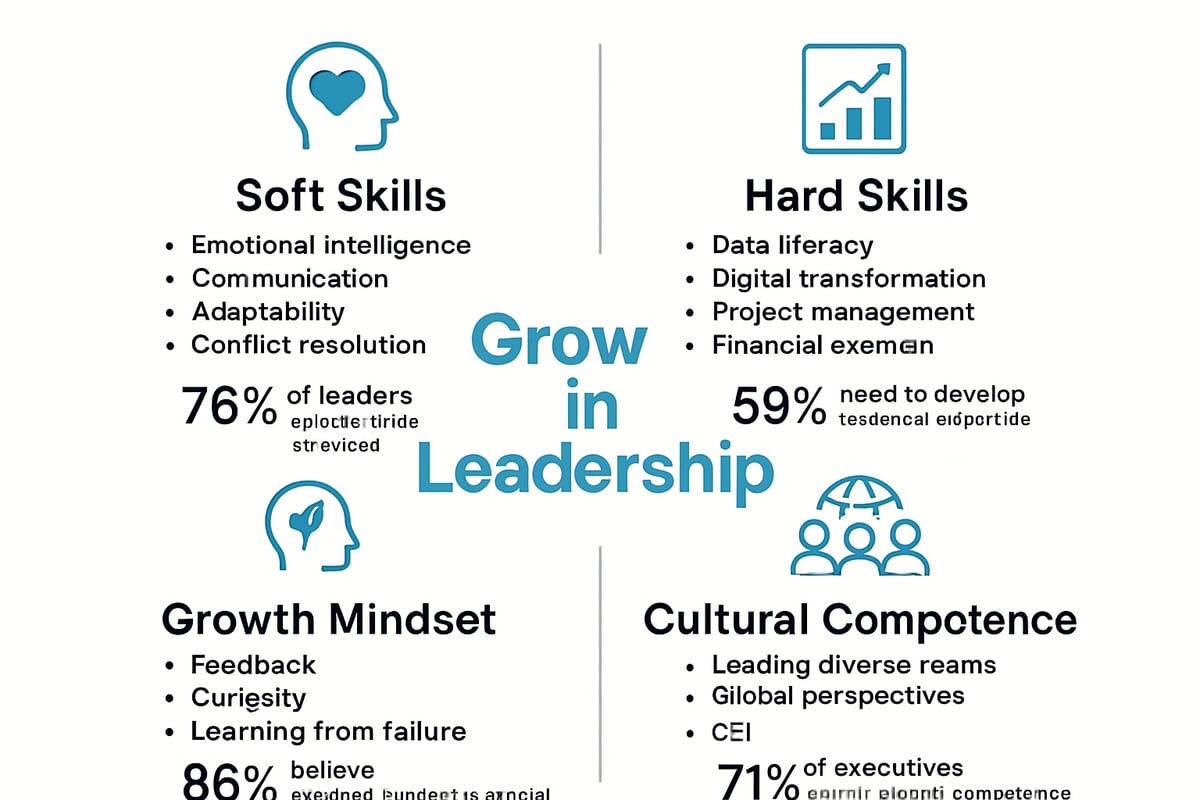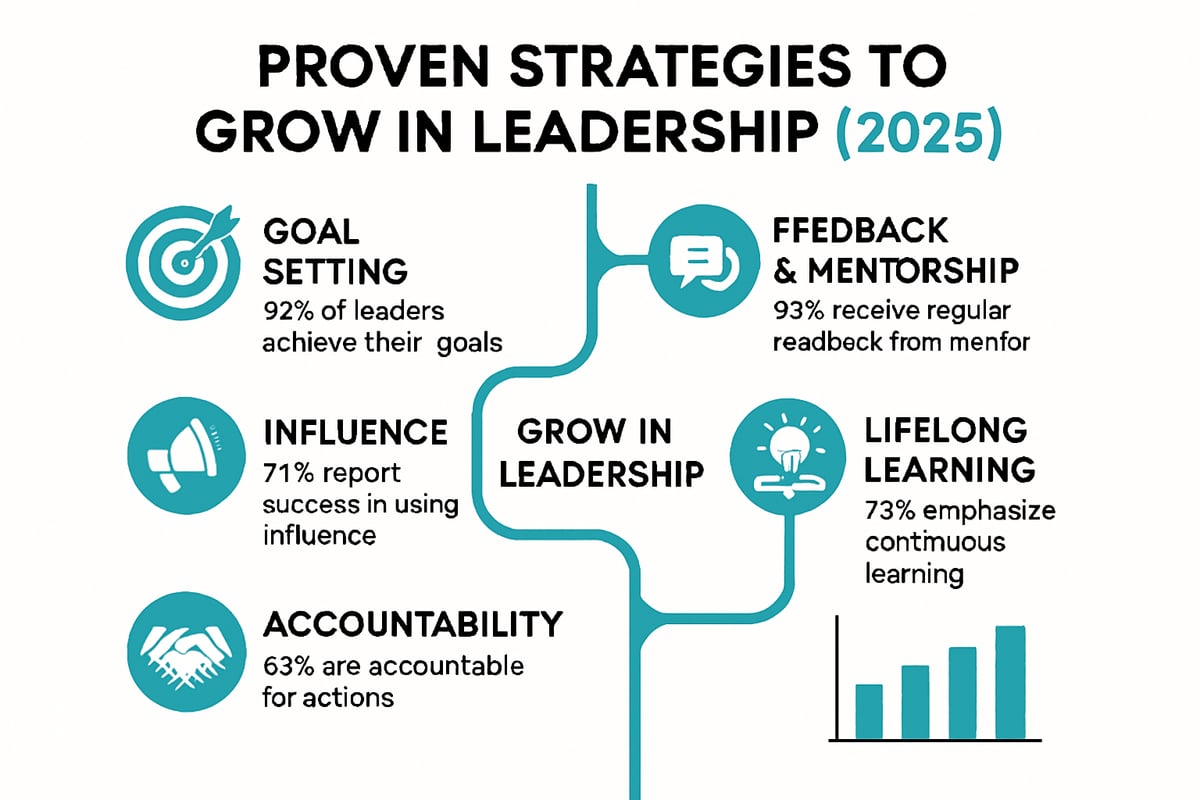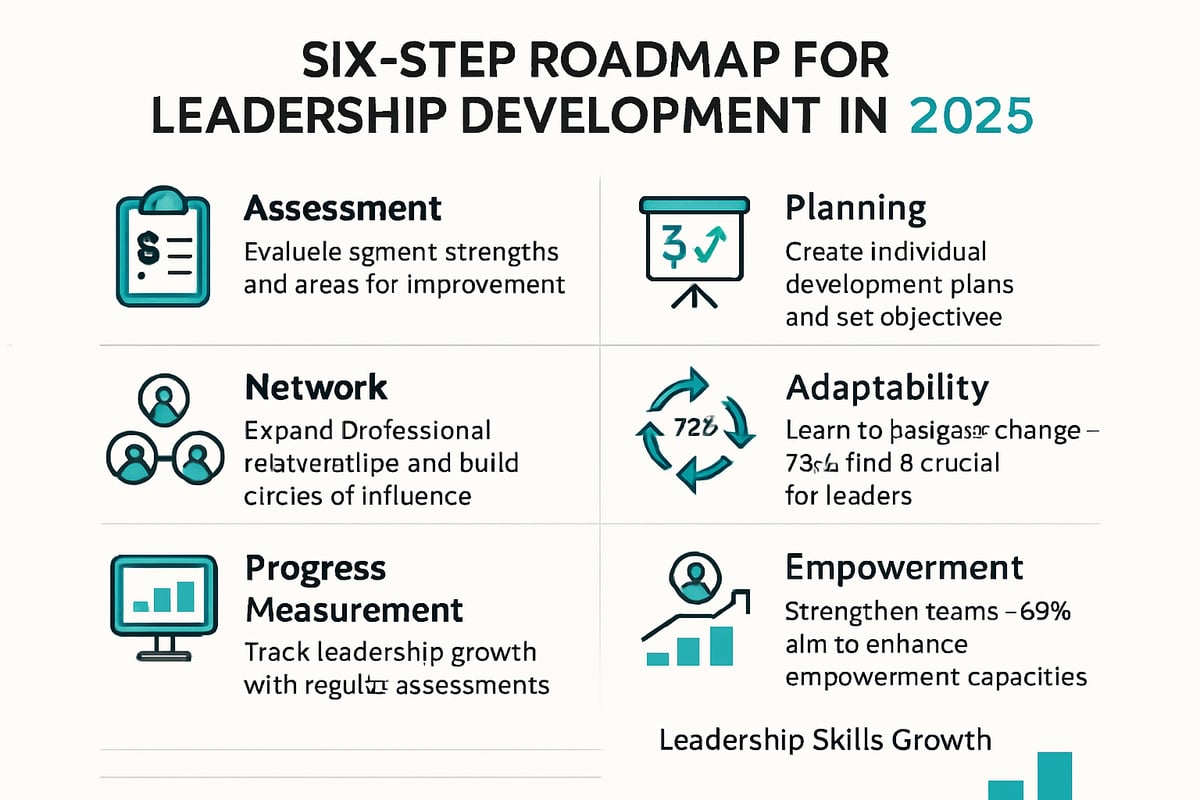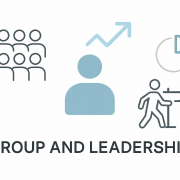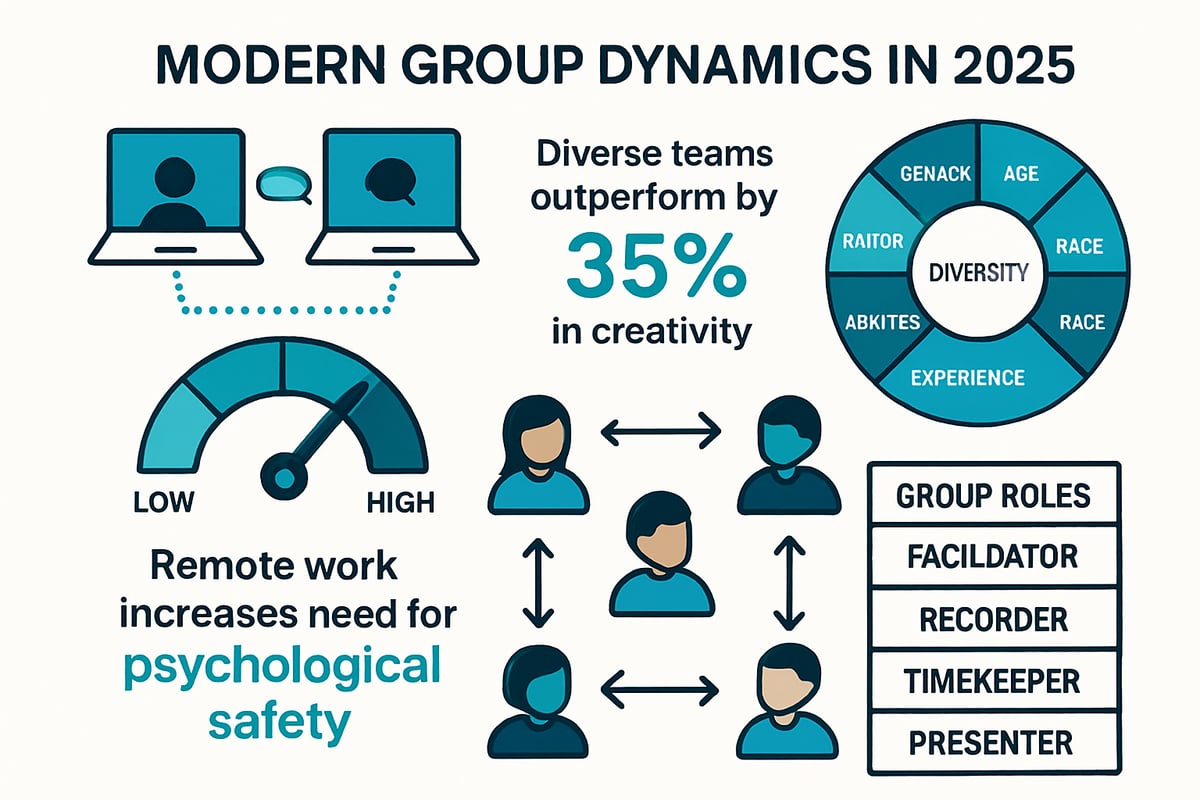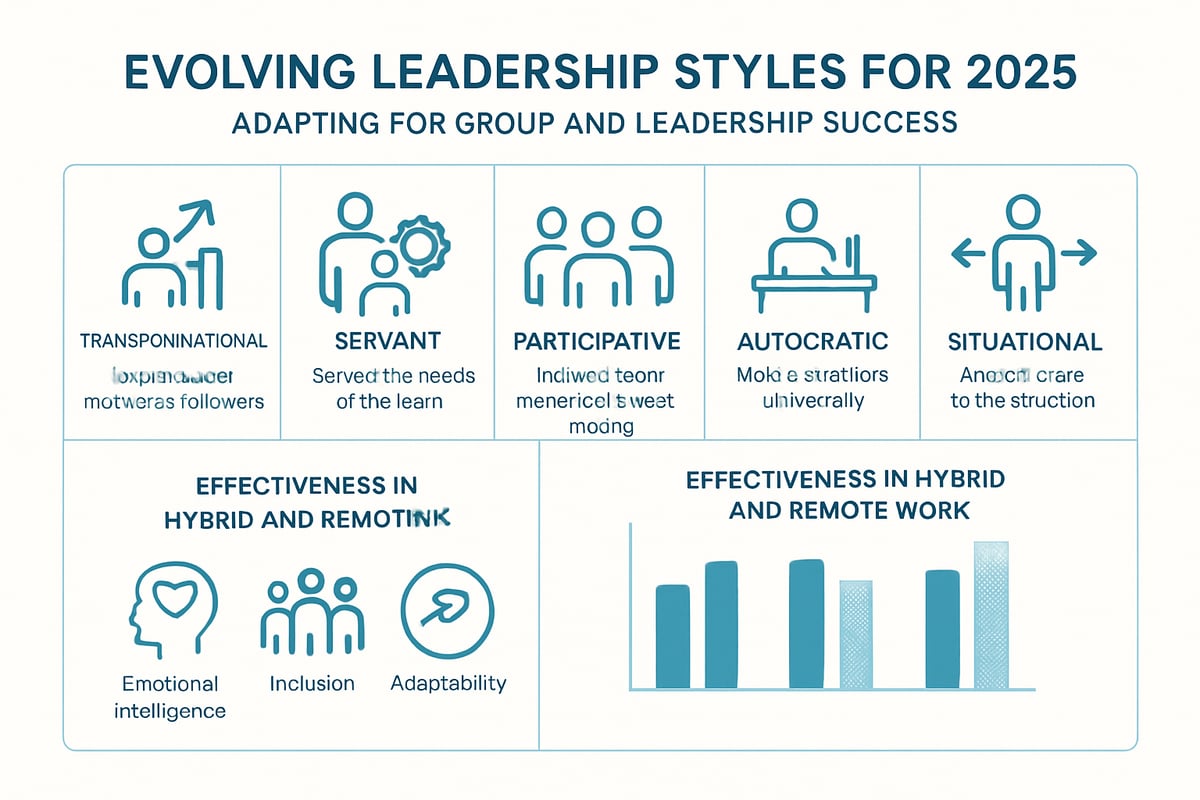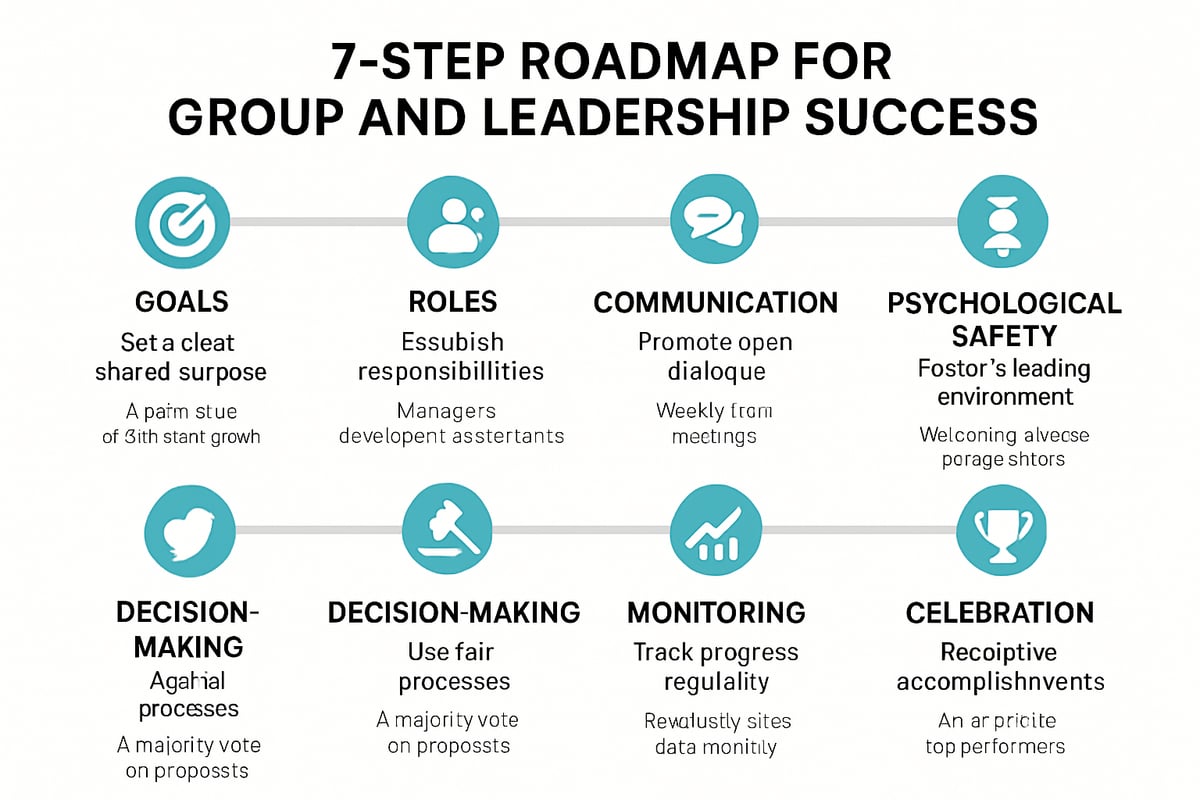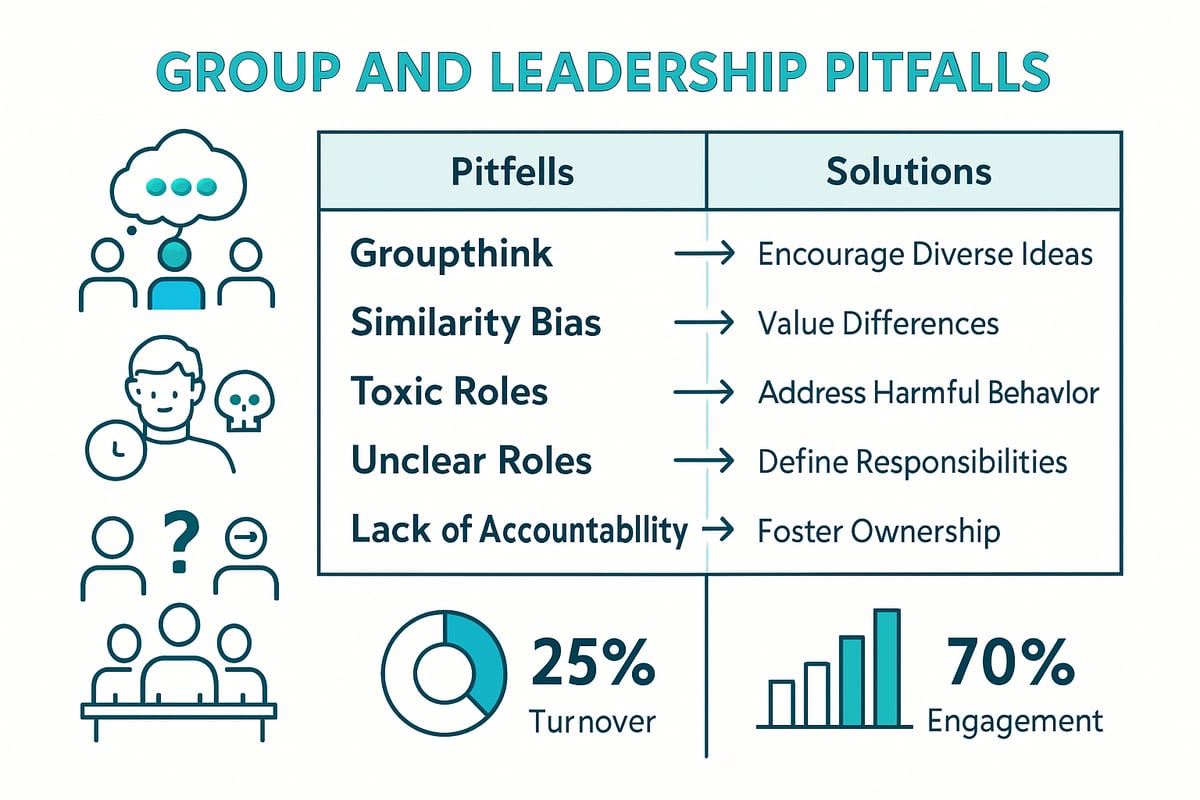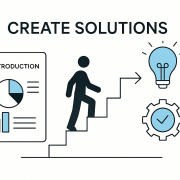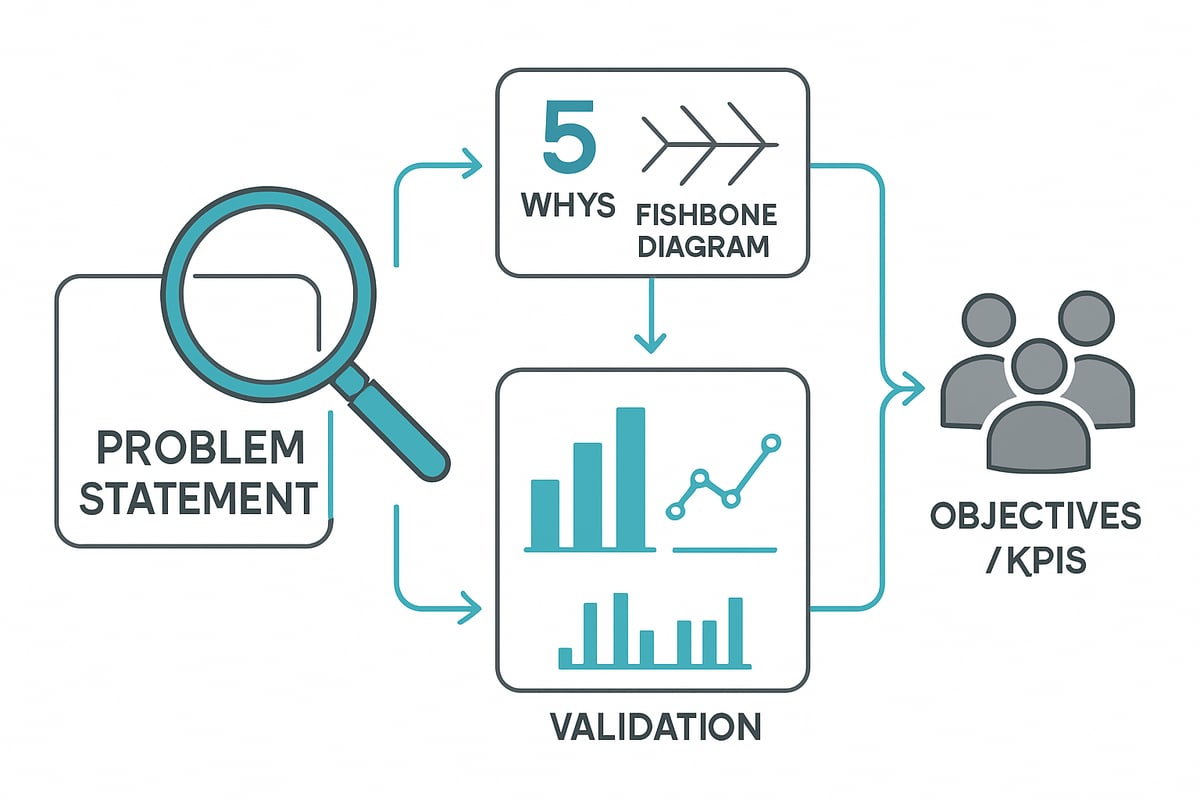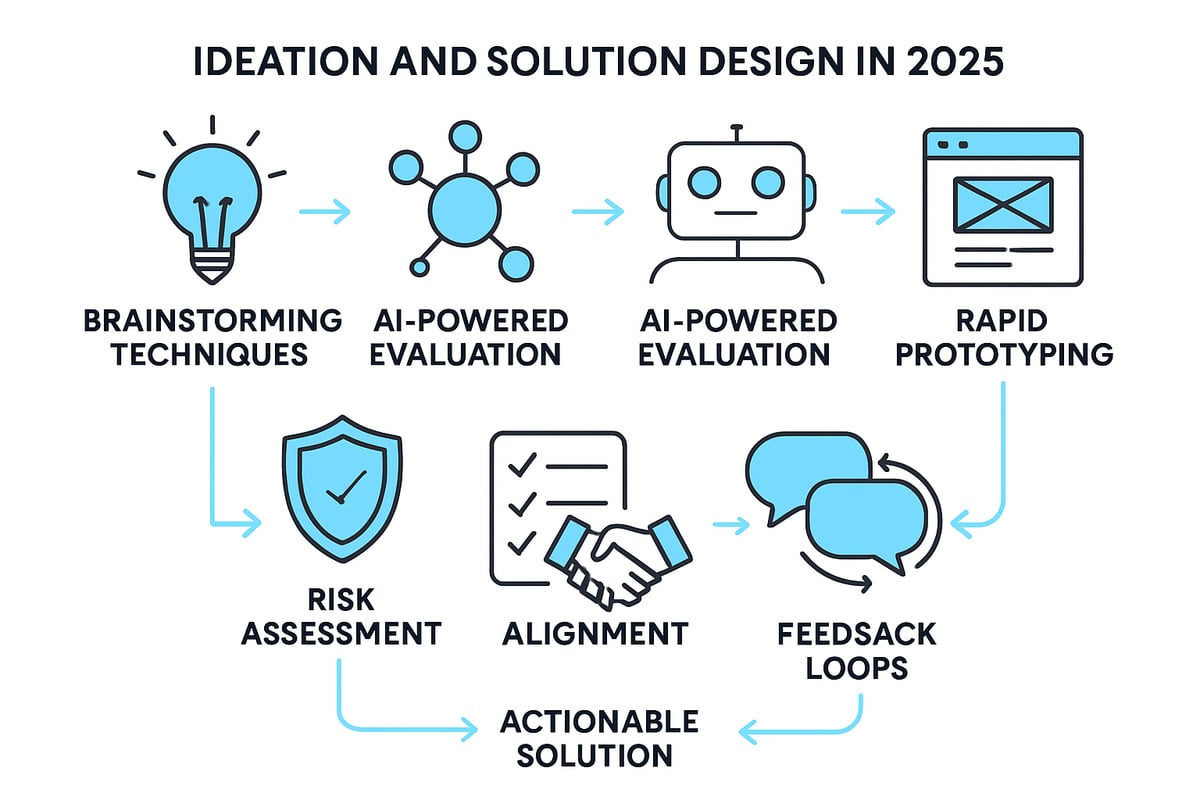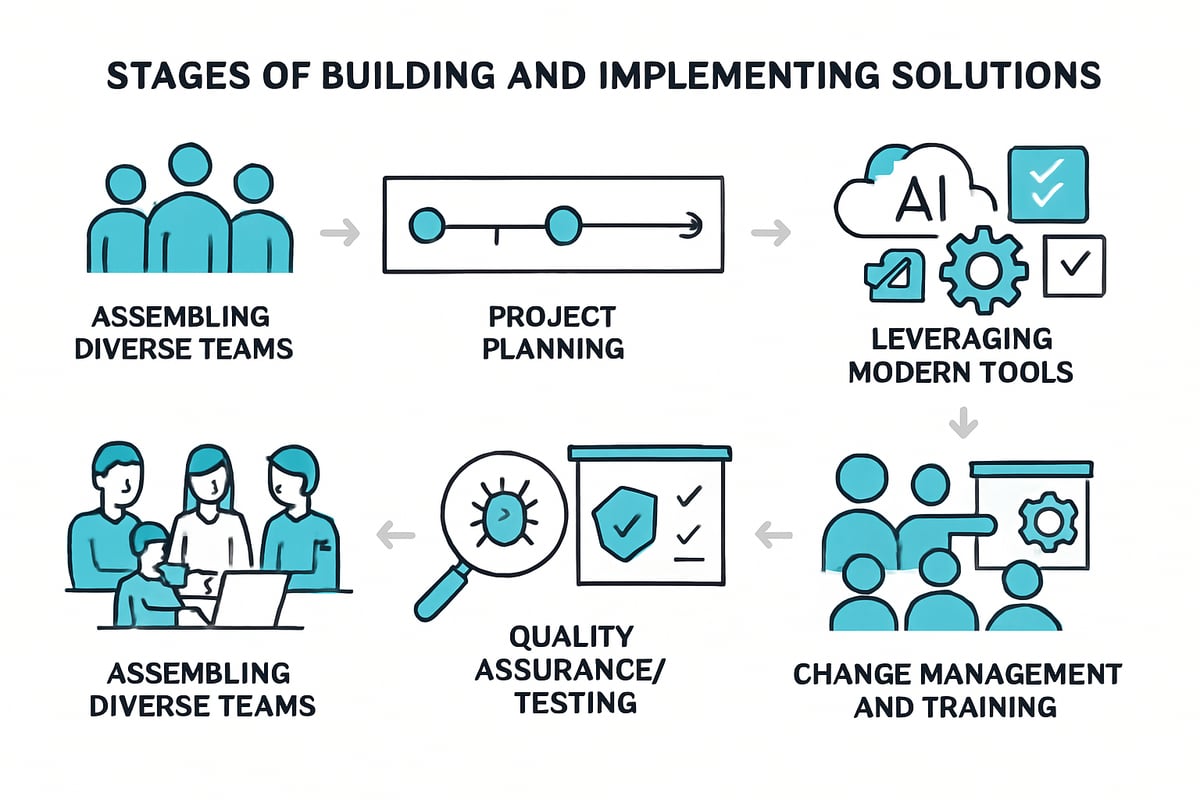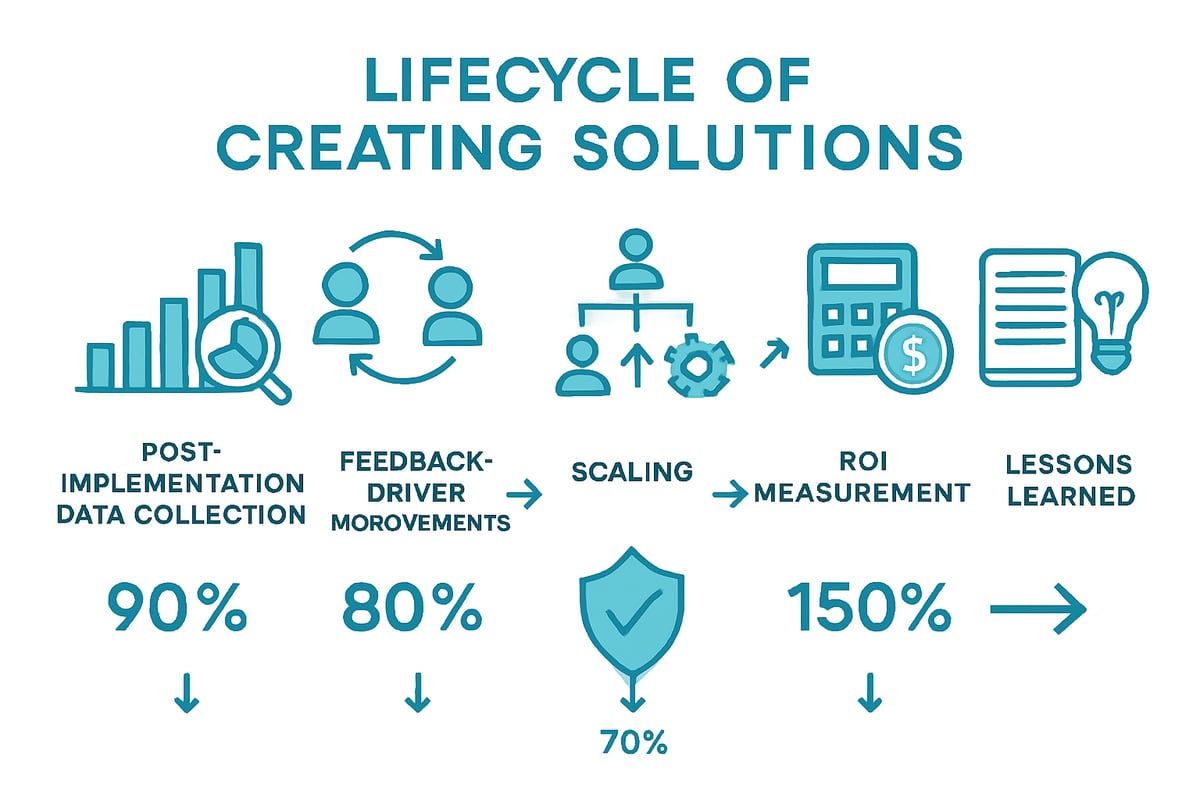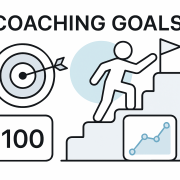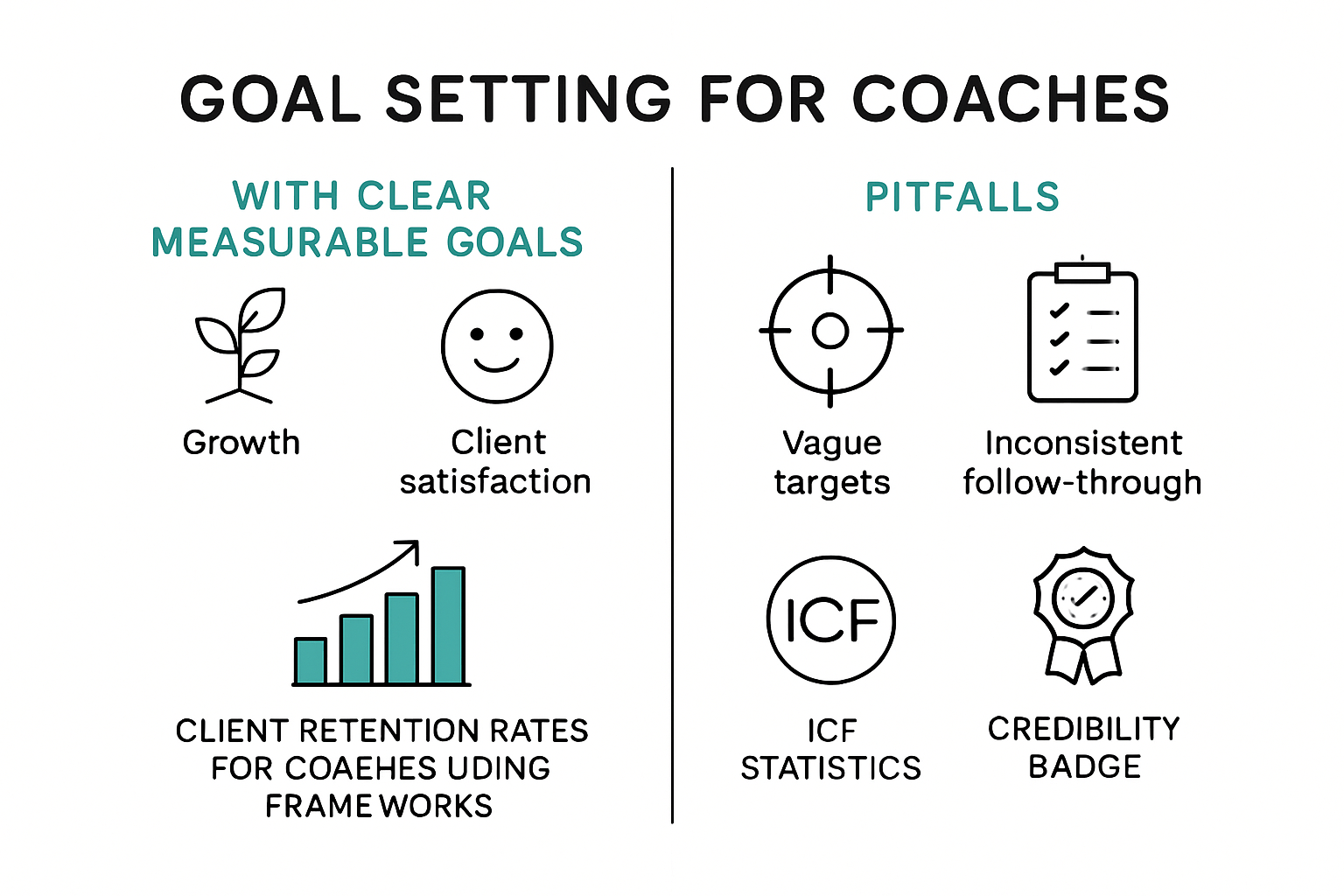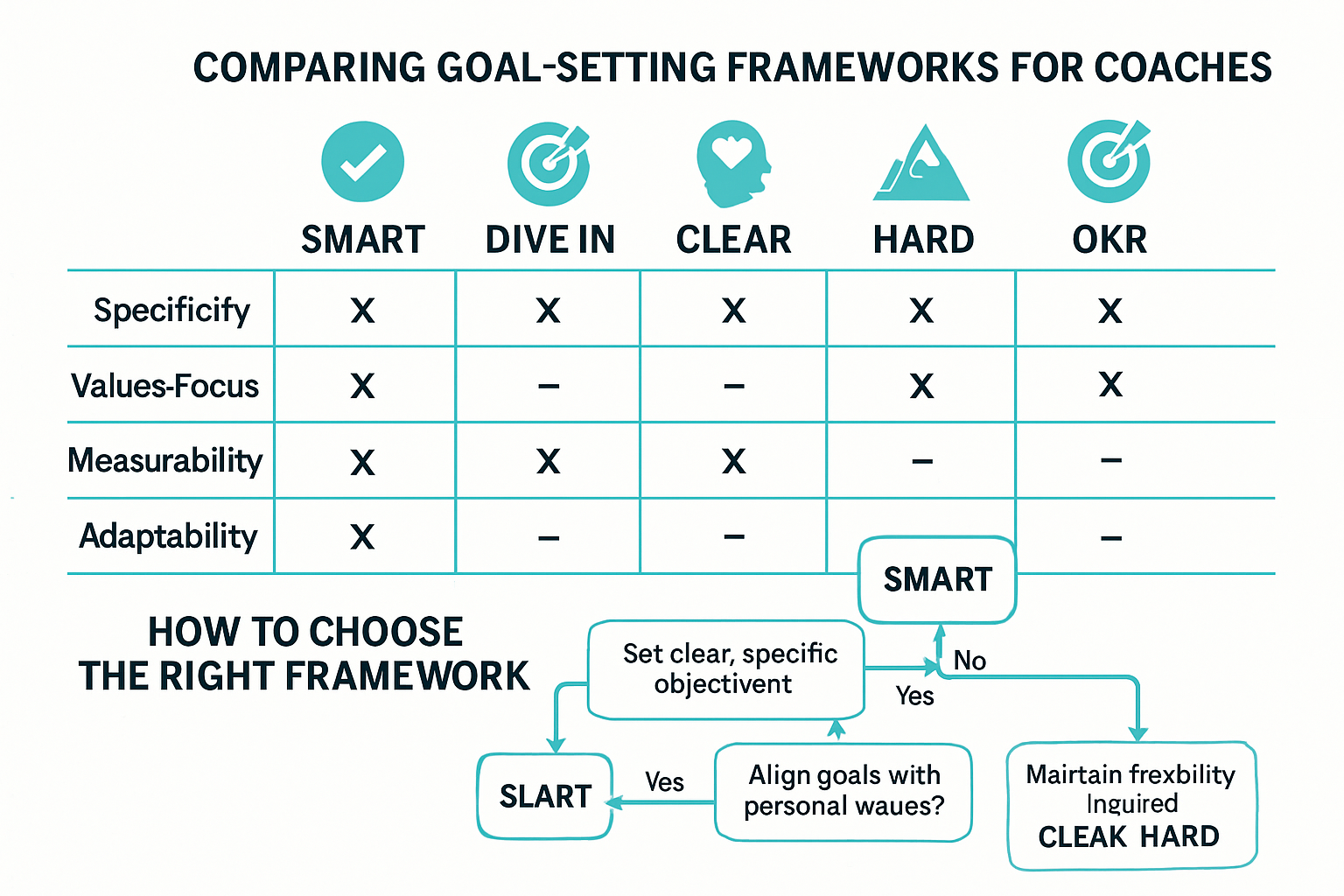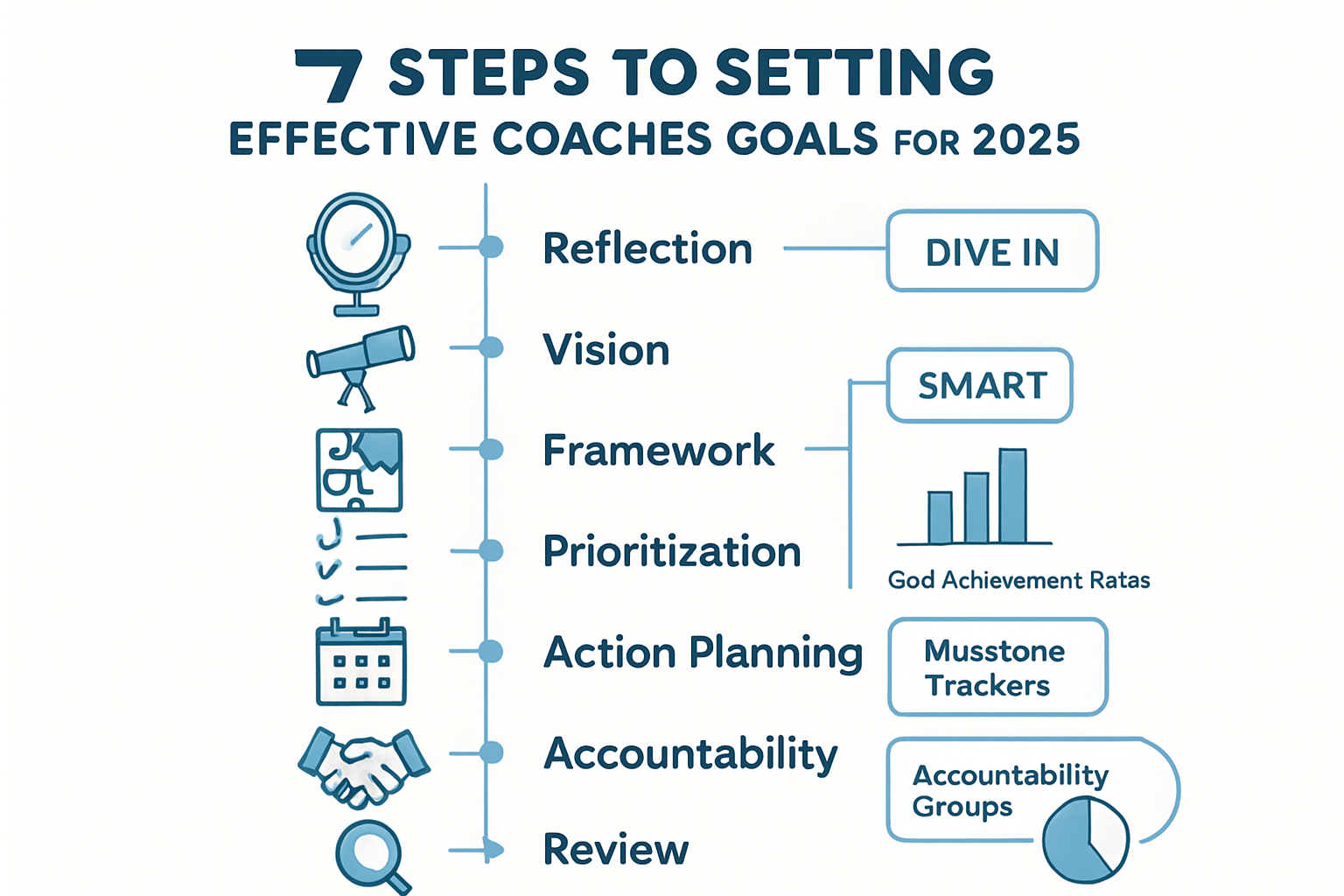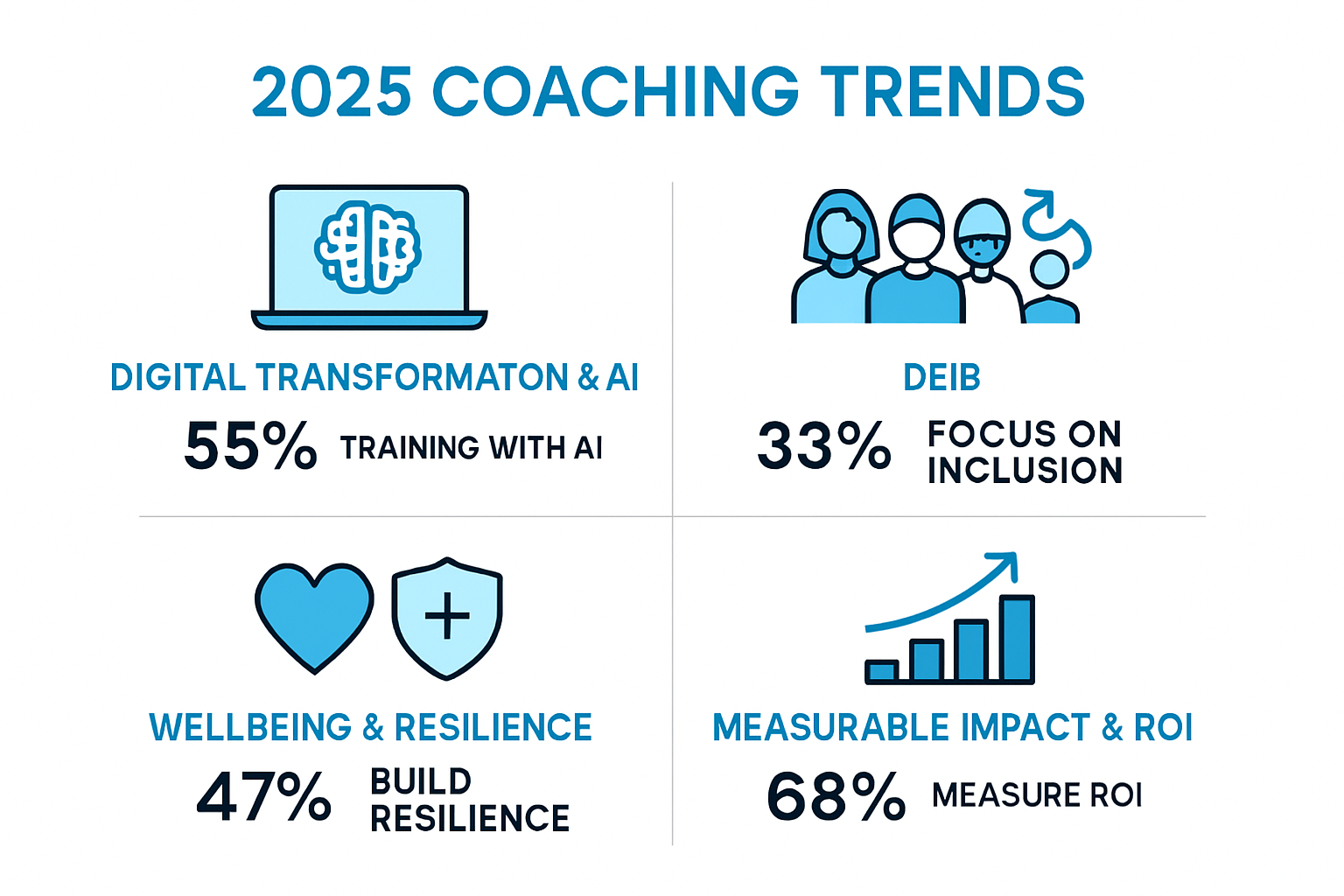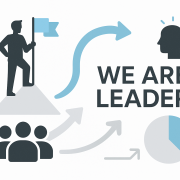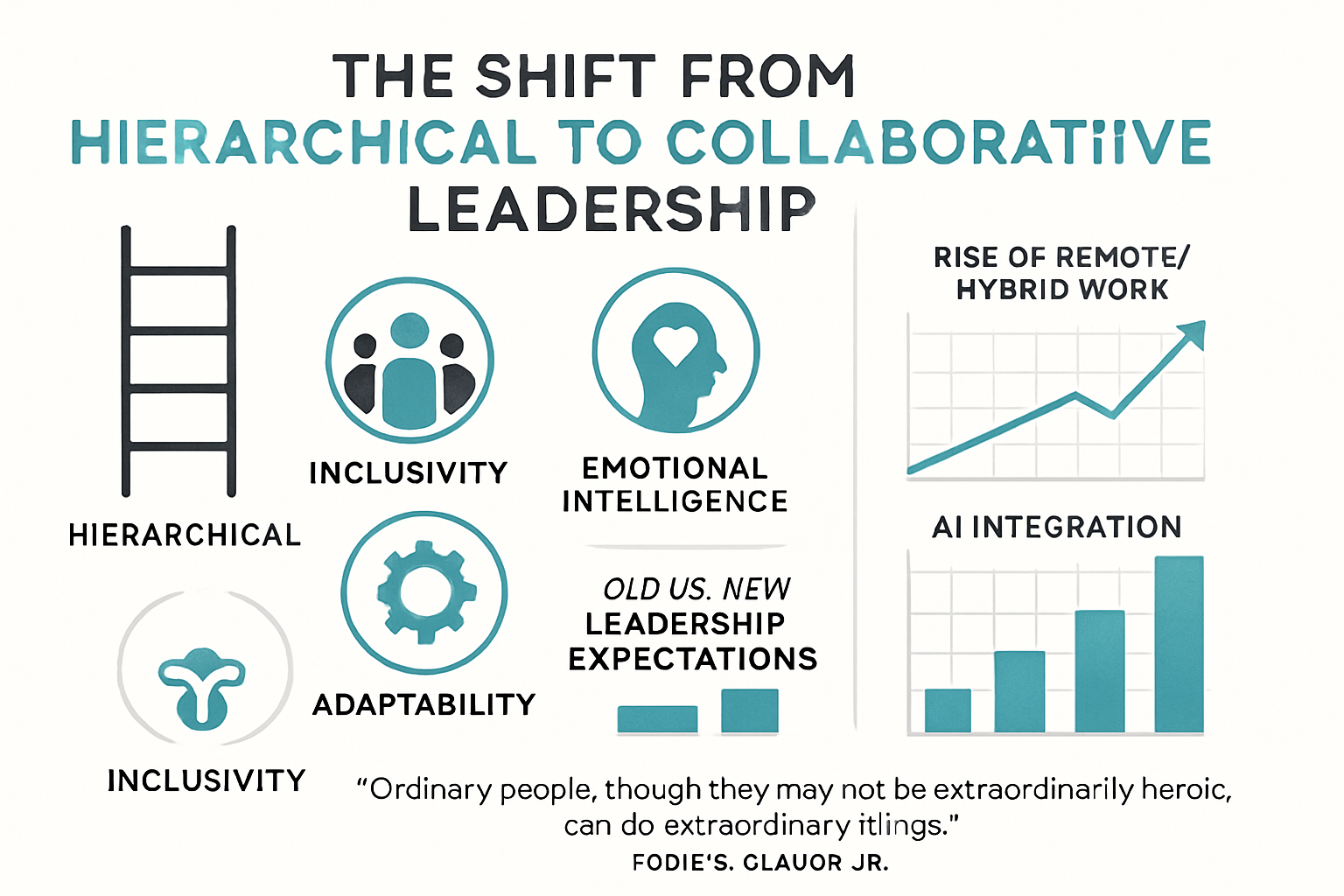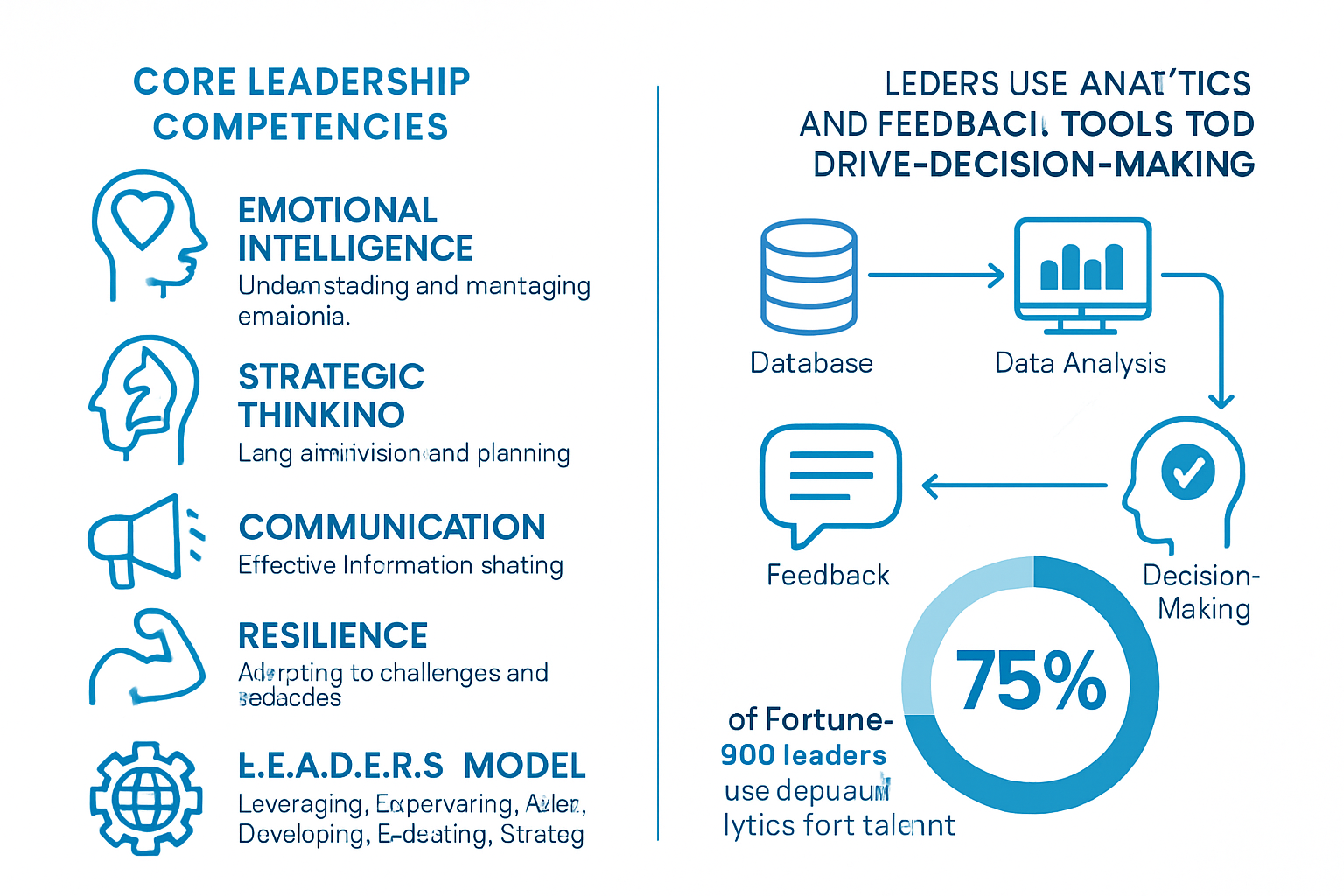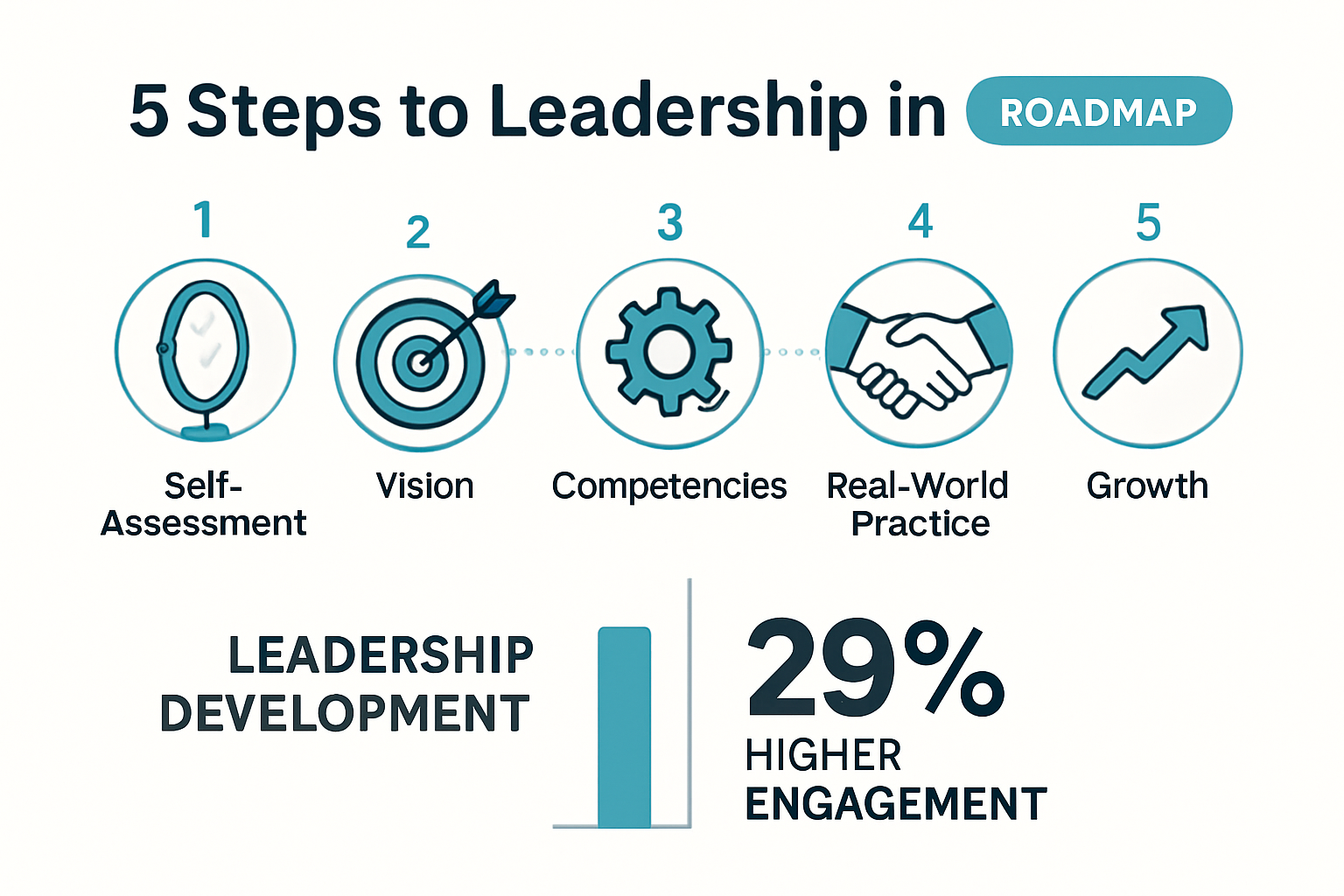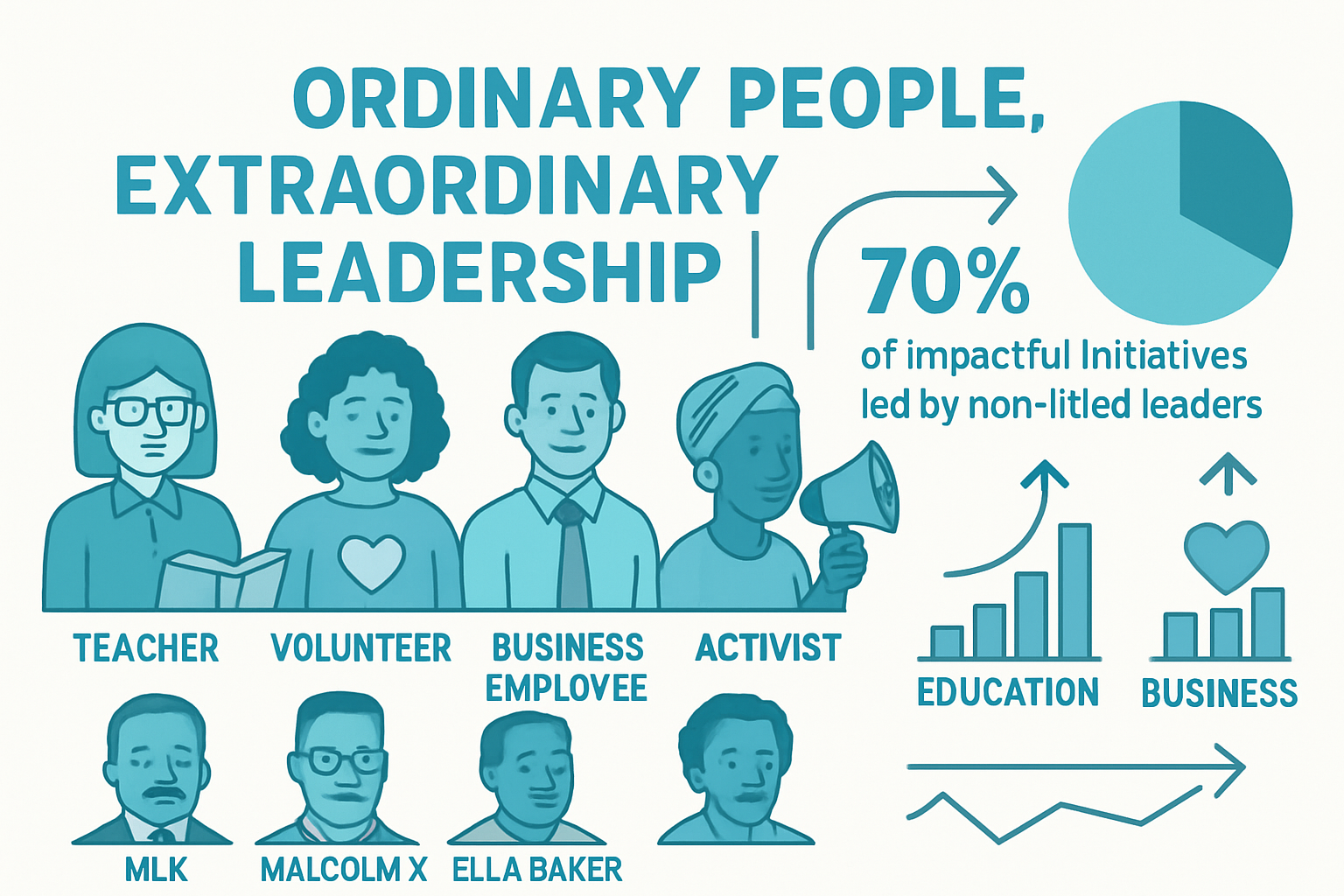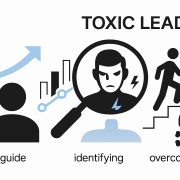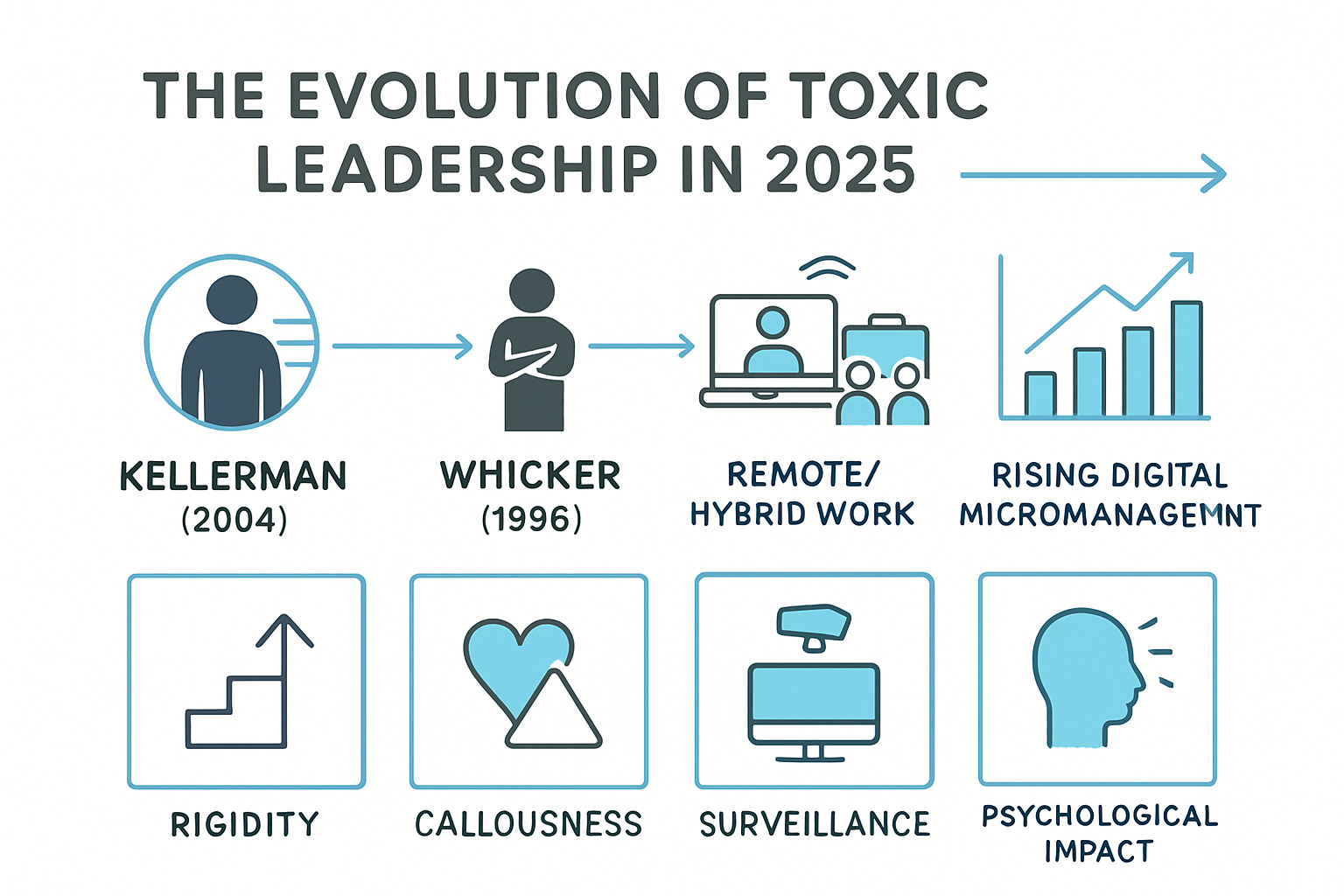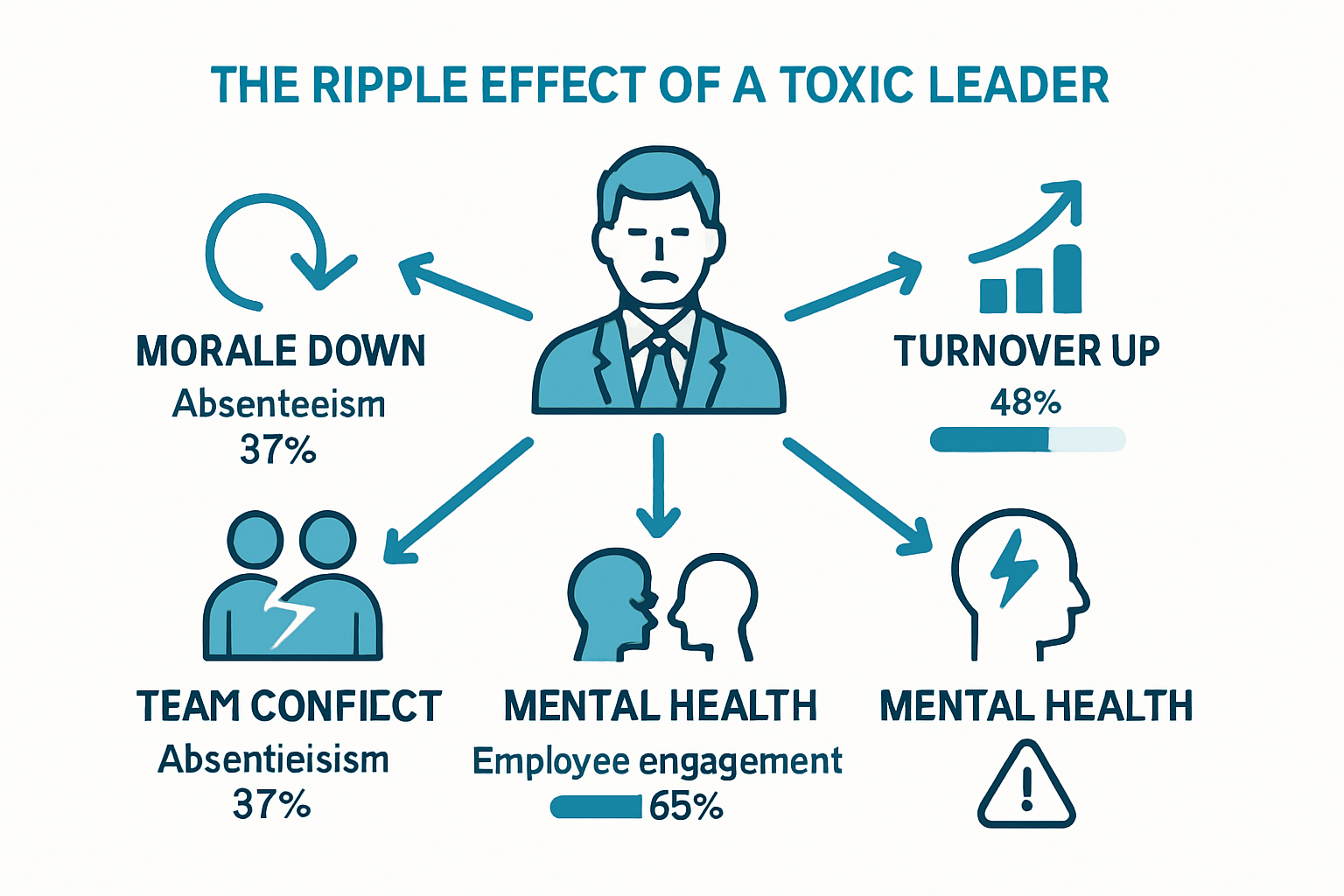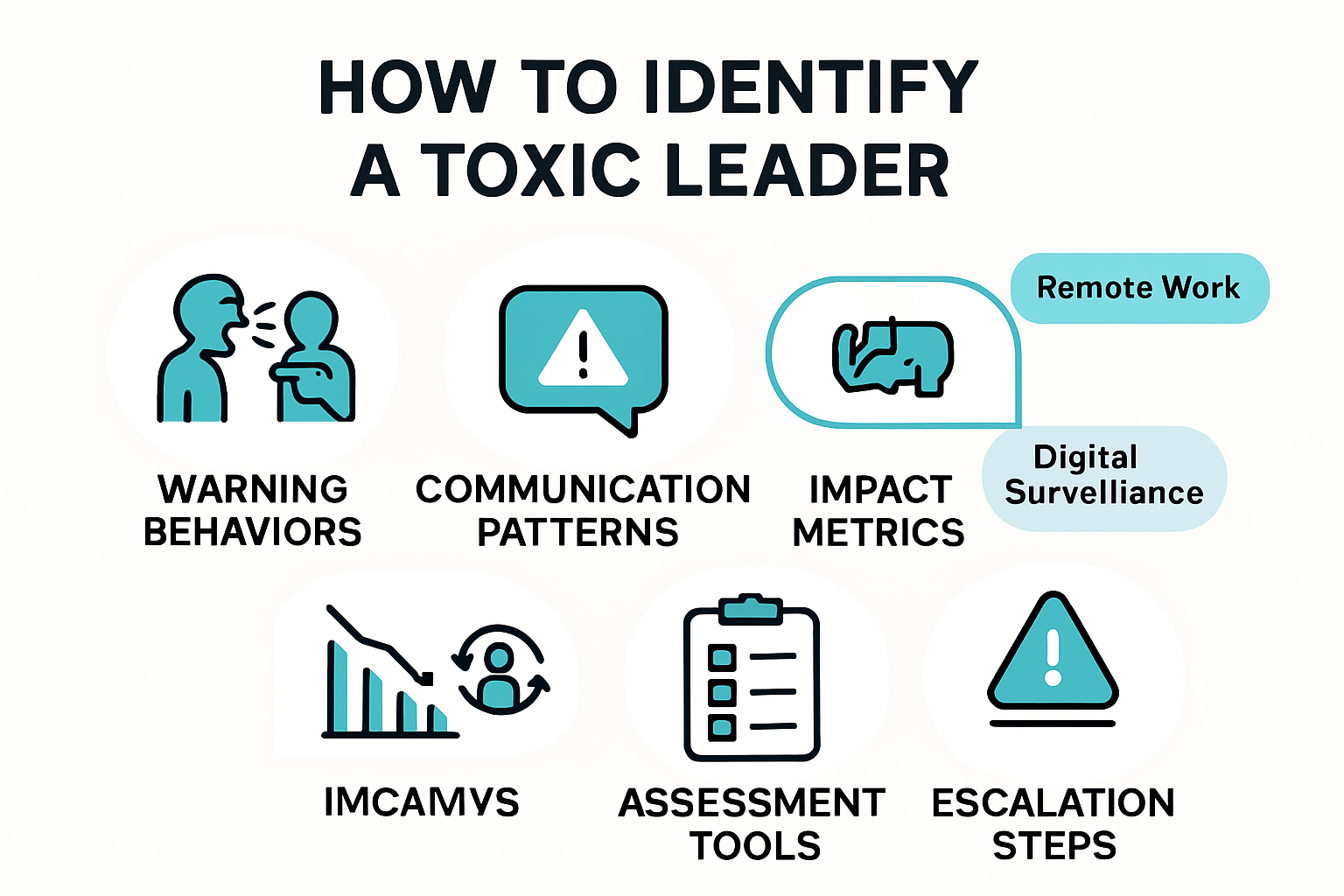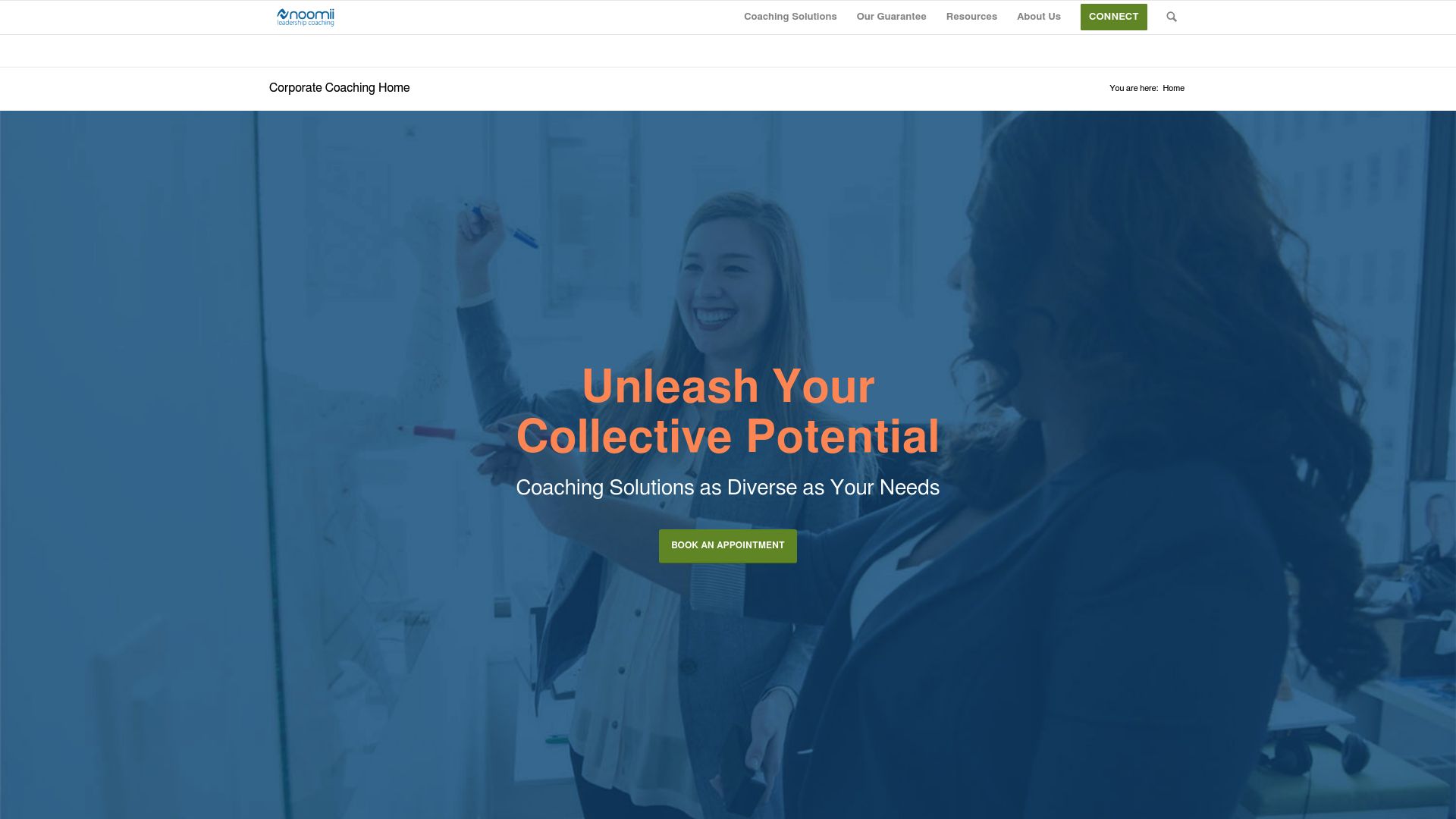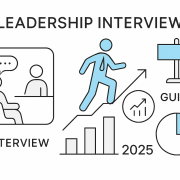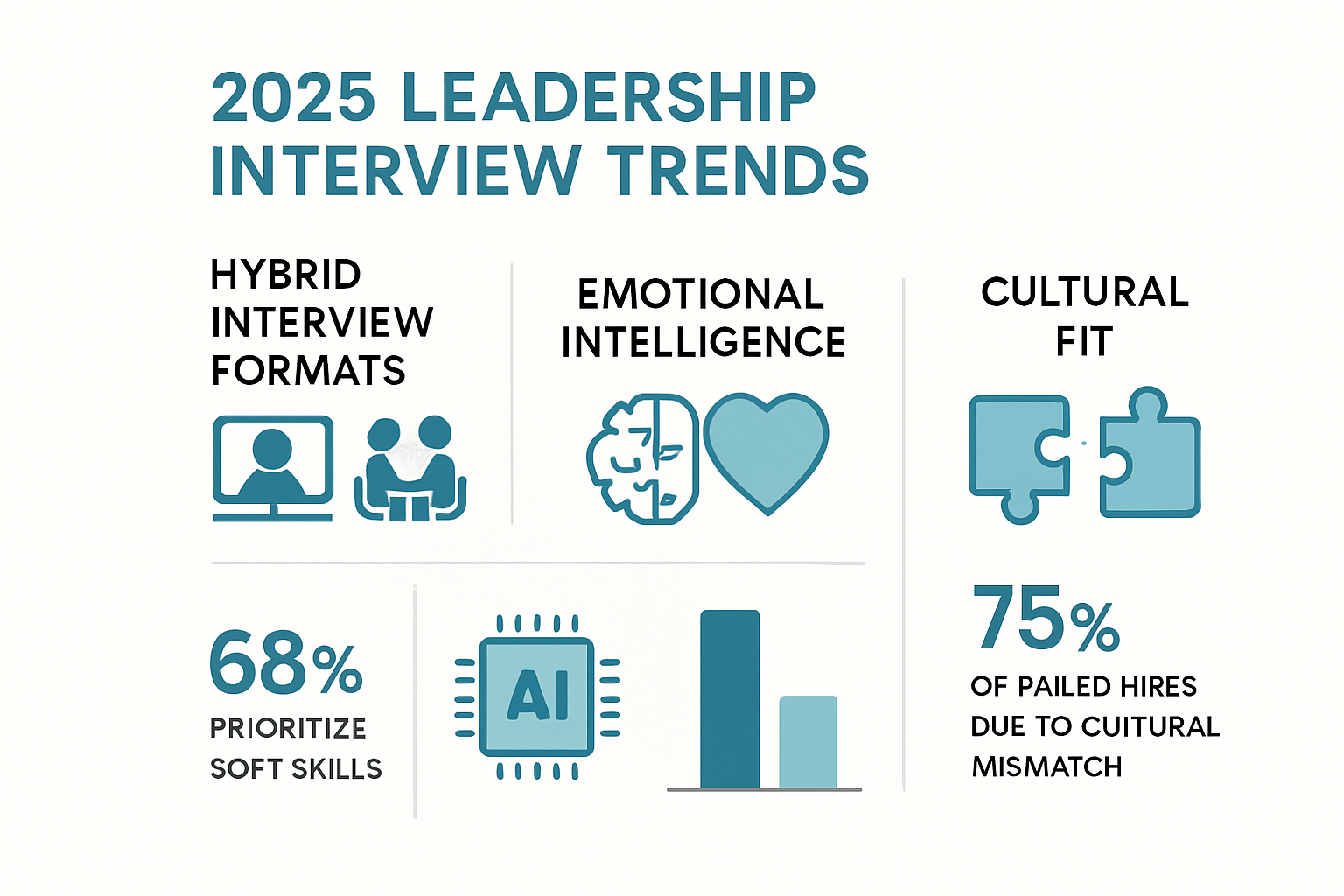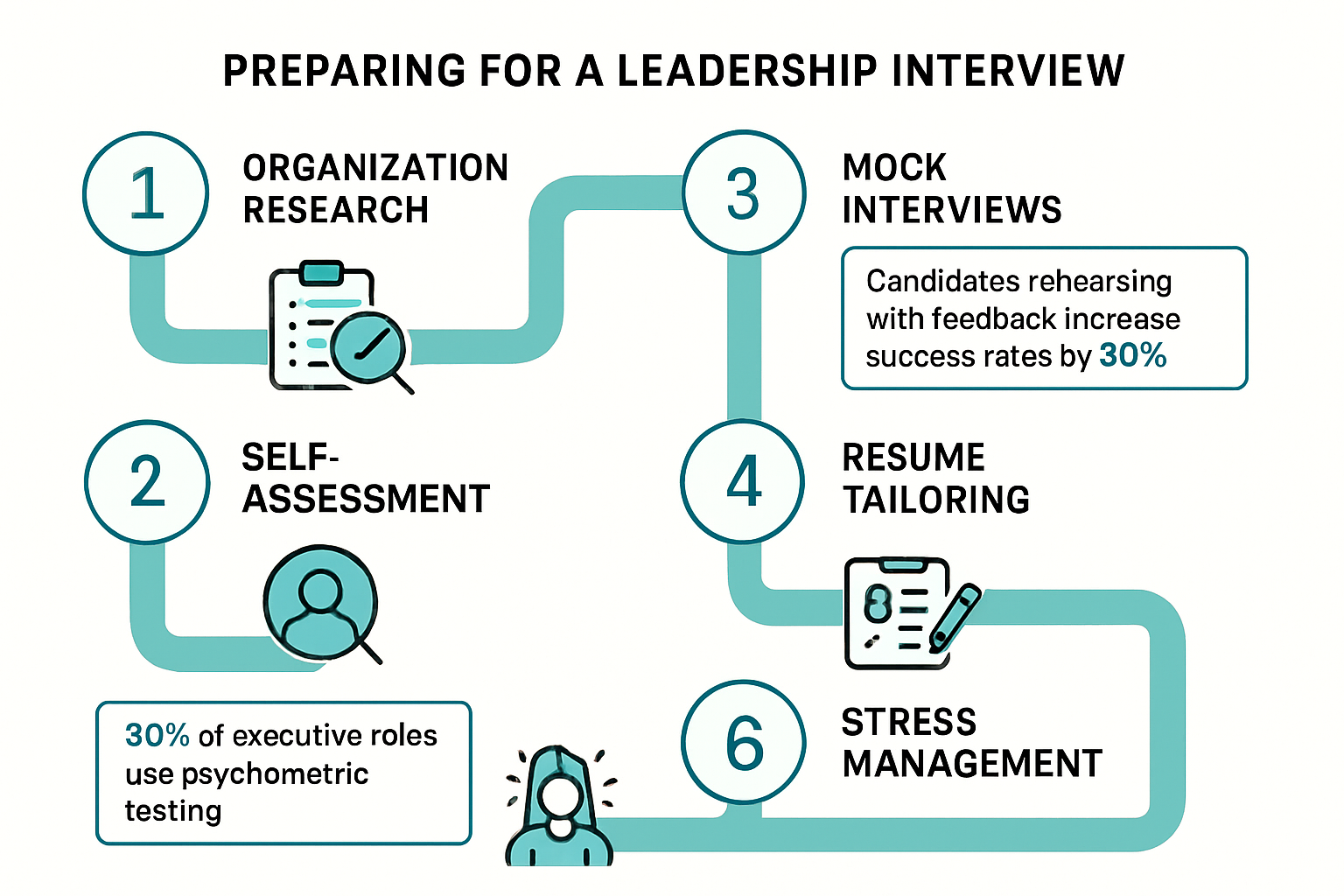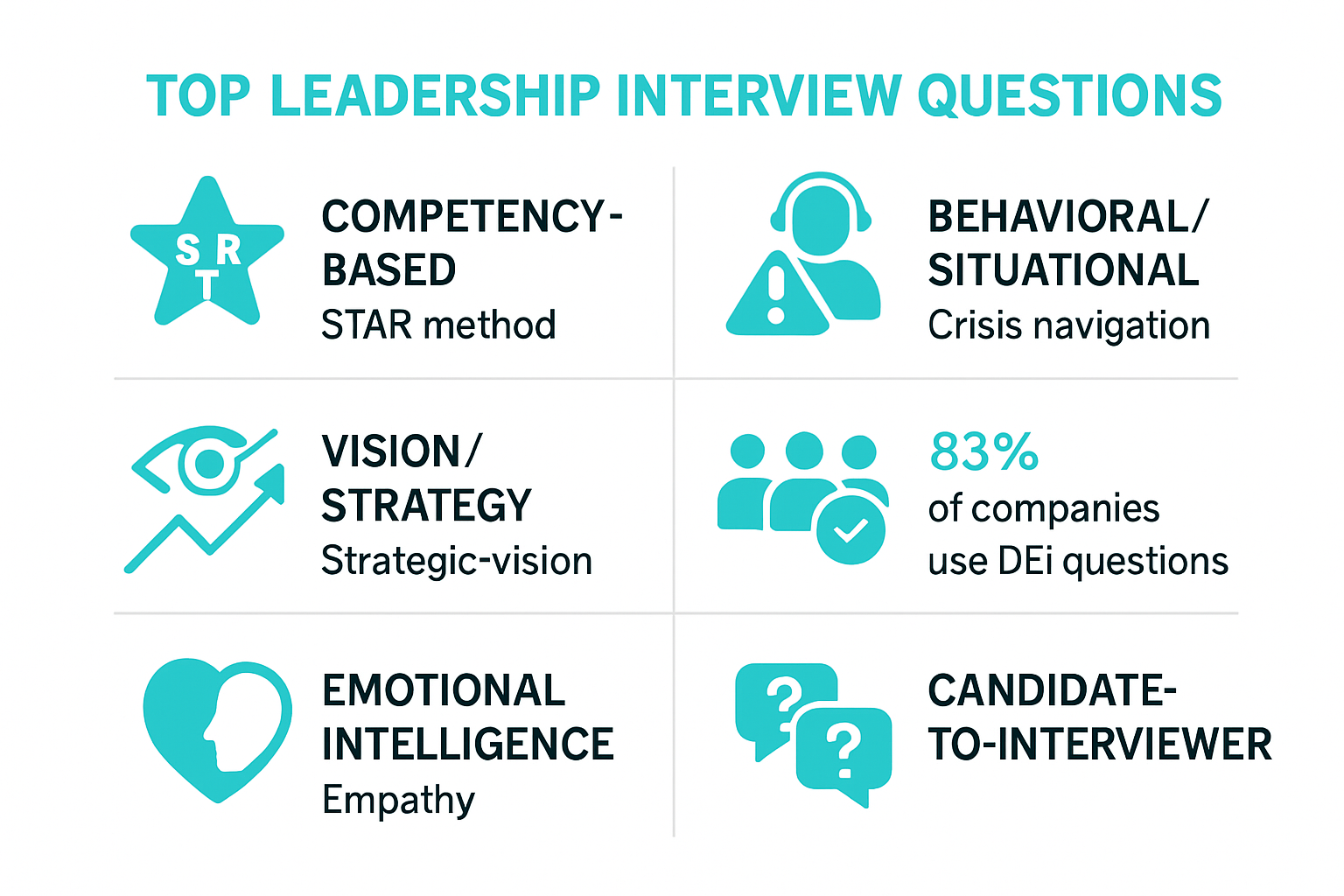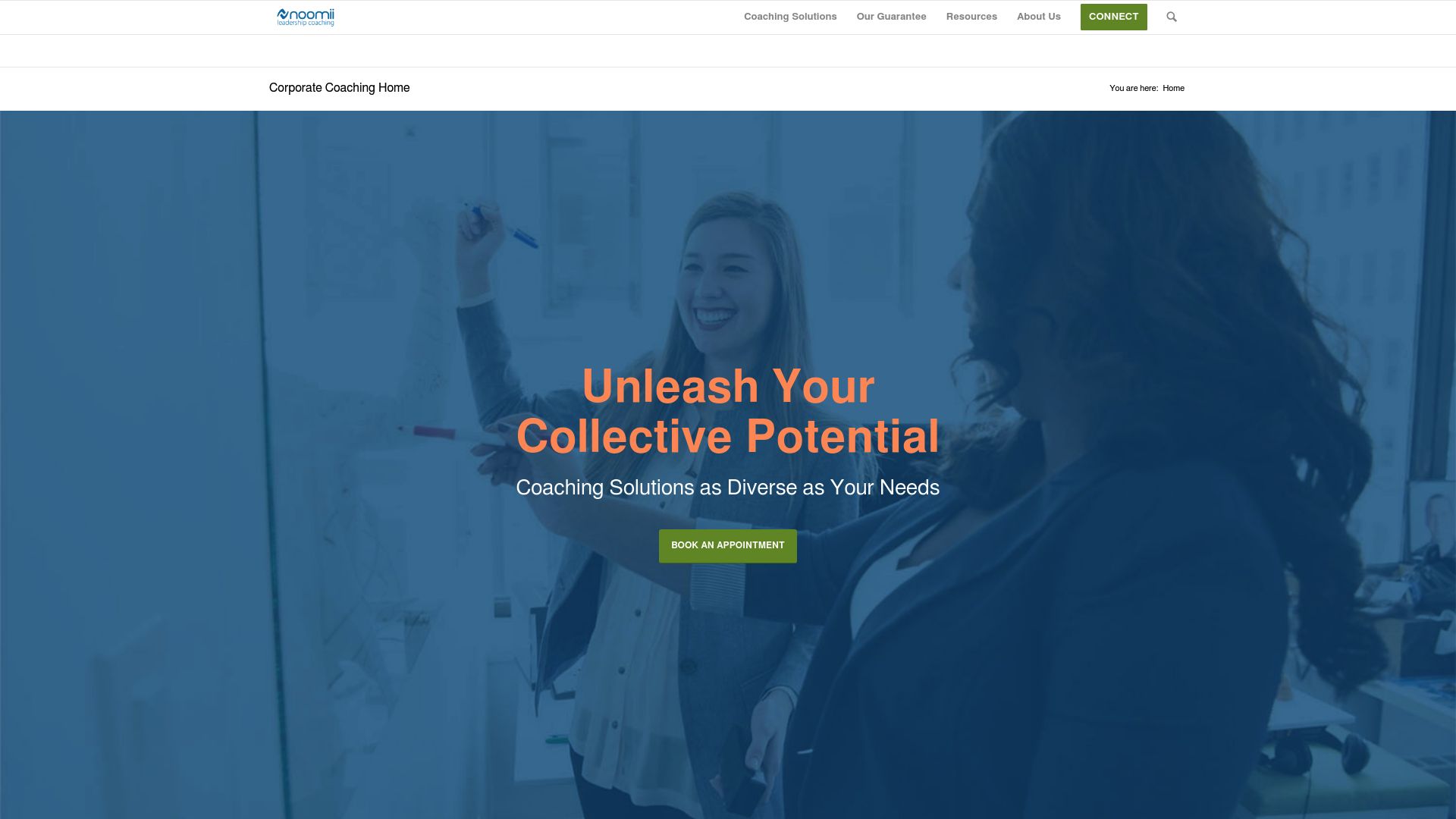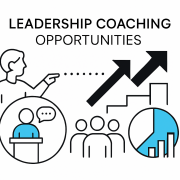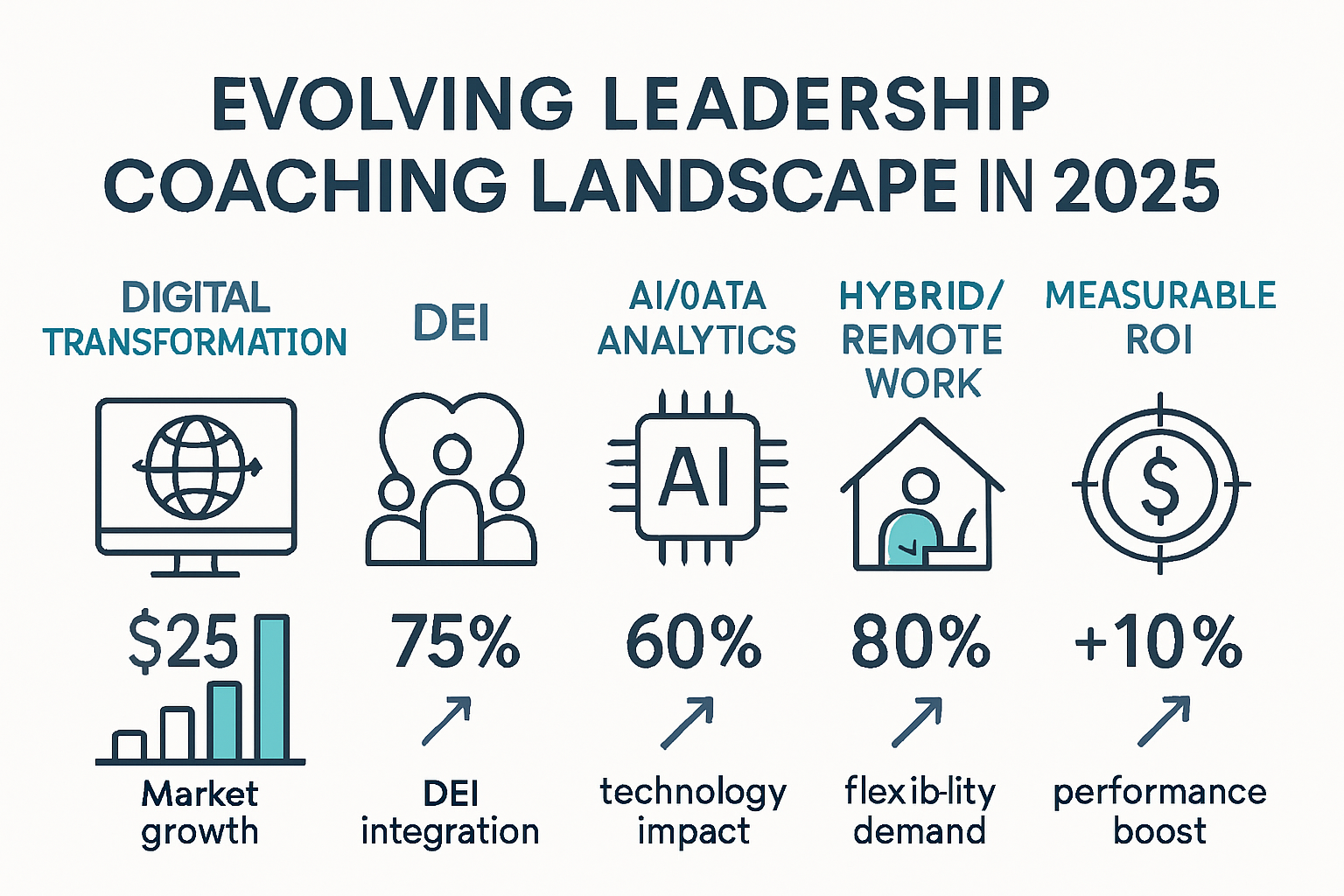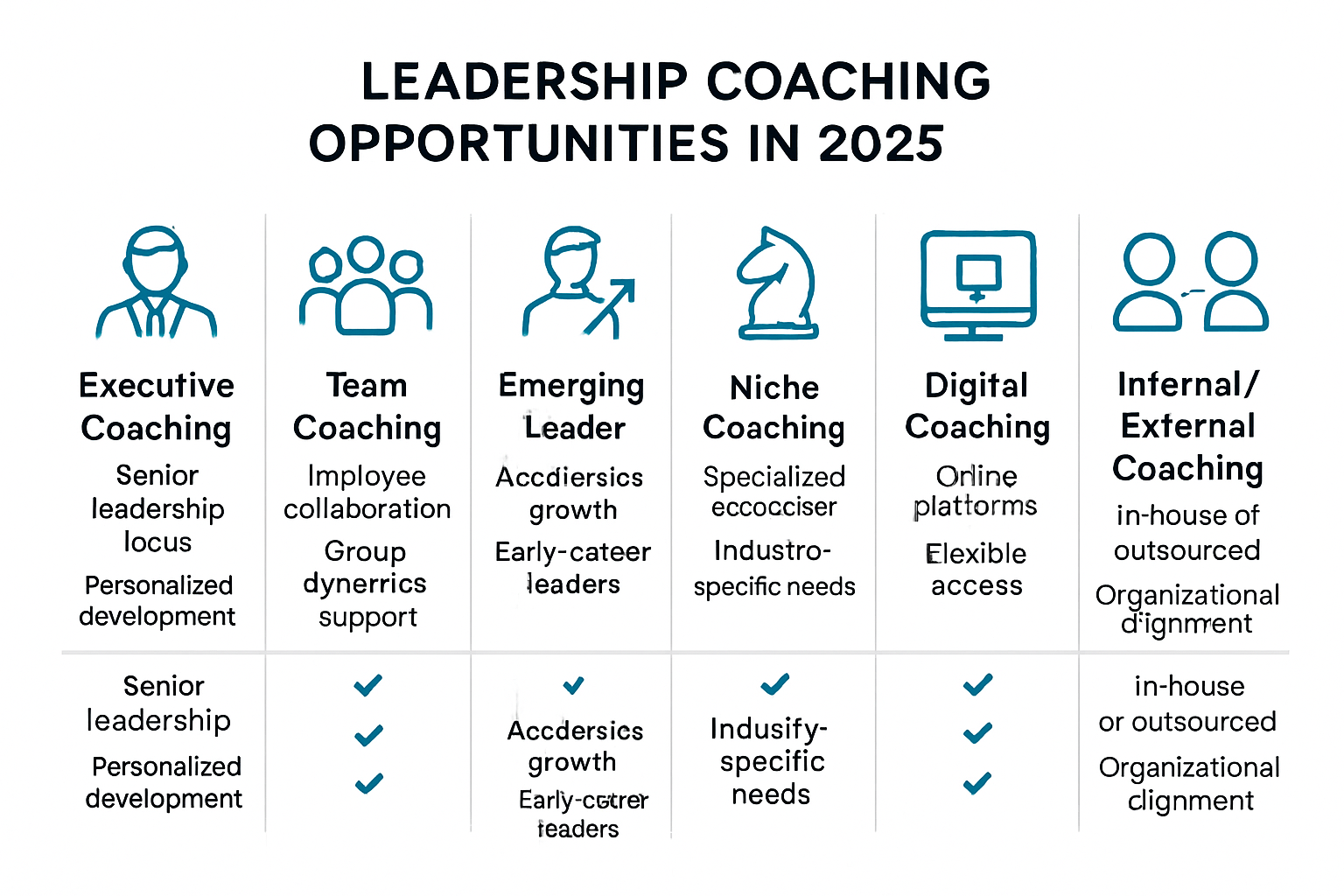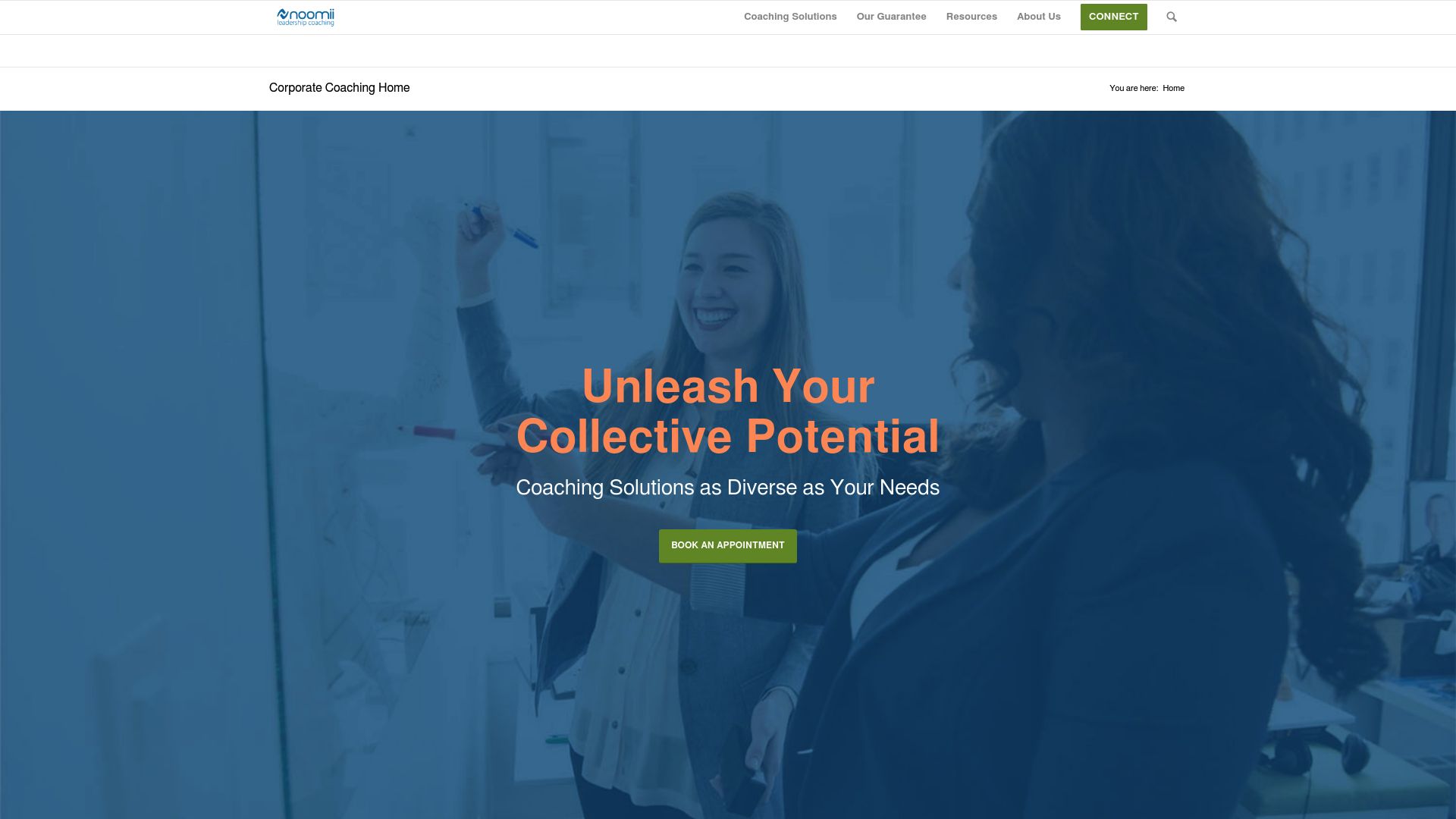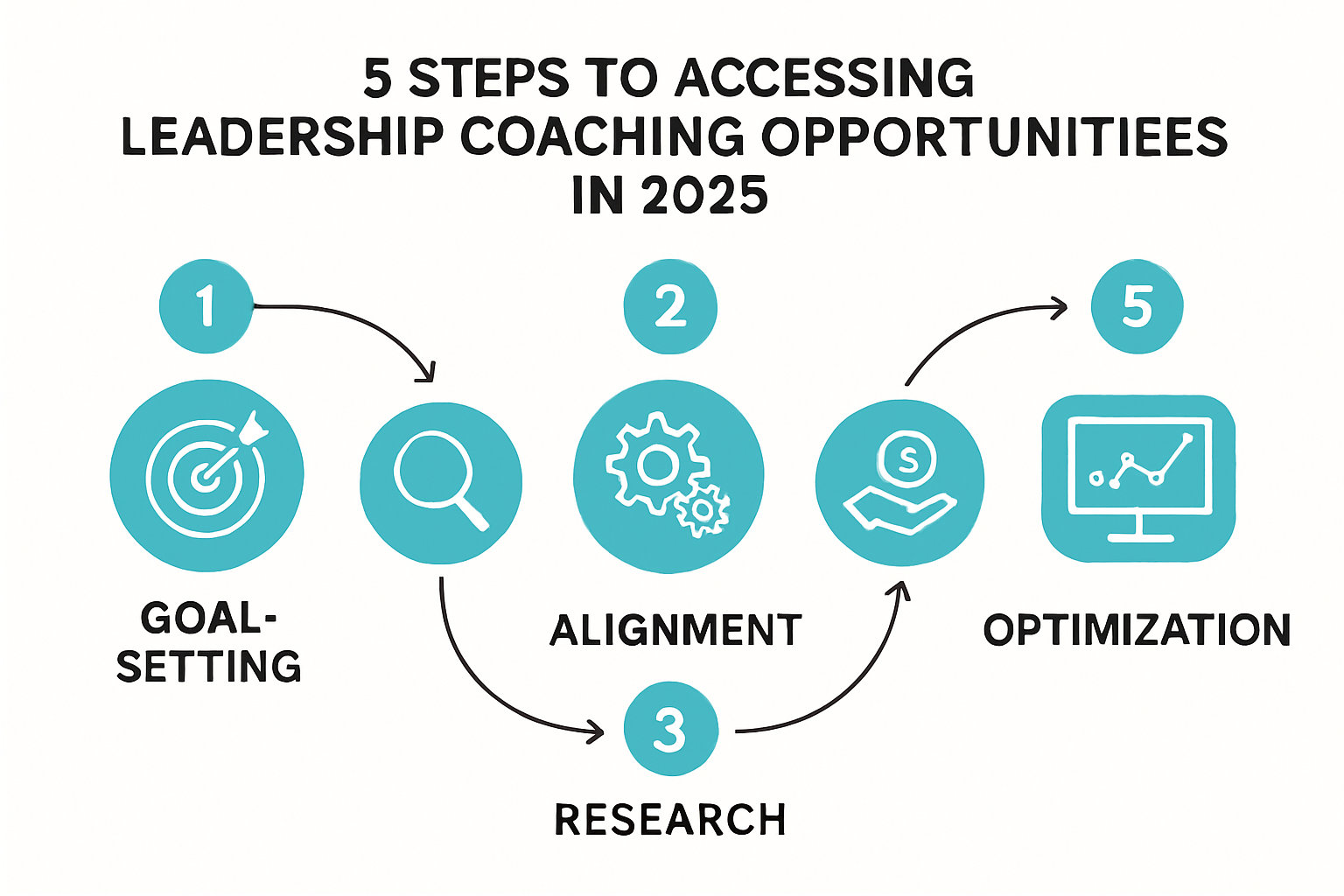8 Essential Leadership HR Skills for Success in 2025
Are you prepared for the seismic shifts ahead in leadership hr? As workplaces transform with new technologies, evolving values, and global challenges, the expectations for HR leaders are higher than ever. In 2025, mastering leadership hr will mean more than filling roles—it will require strategic vision, adaptability, and a deep commitment to employee well-being. This article reveals the eight essential skills every HR leader must develop to stay ahead. Get ready for practical insights that will help you future-proof your leadership toolkit and drive lasting impact in your organization.
The Changing Landscape of HR Leadership in 2025
The world of leadership hr is undergoing a seismic shift as we approach 2025. Organizations are facing unprecedented complexity, with digital innovation, workforce diversity, and global connectivity redefining how HR operates. To stay ahead, HR leaders must not only adapt but also anticipate the trends and challenges shaping the future of work.
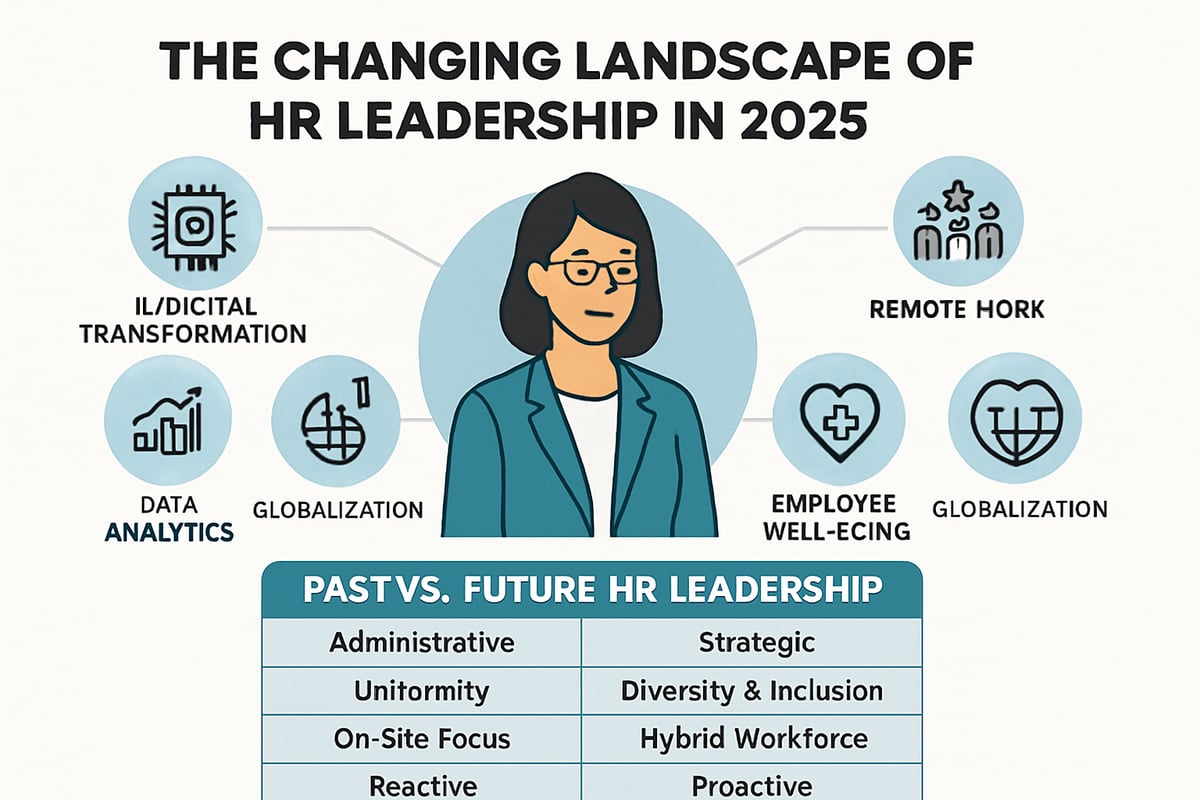
Key Drivers of Change in HR
Several powerful forces are transforming the leadership hr landscape. Digital transformation and the rise of AI are streamlining HR processes, from recruitment to engagement. The spotlight on DEIB—diversity, equity, inclusion, and belonging—continues to grow, with organizations striving for more equitable workplaces. Shifting workforce demographics and the normalization of remote and hybrid work models are driving new expectations for flexibility and connectivity.
Employee well-being and mental health have become core business priorities, not just nice-to-haves. Meanwhile, globalization demands that HR leaders manage cross-cultural teams and navigate complex international regulations. According to Top HR Focus Areas for 2025, leadership hr is also being reshaped by the need to align technology, culture, and business strategy in real time.
New Expectations for HR Leaders
As a result, the expectations for leadership hr have never been higher. Modern HR leaders are expected to:
- Act as strategic partners to business leadership
- Use data and people analytics to inform decisions
- Respond rapidly to market and regulatory shifts
- Play a pivotal role in shaping organizational culture
Today's HR leaders must speak the language of business, translating talent strategies into tangible ROI. They're also at the forefront of driving agility, ensuring teams can pivot quickly in response to change. Building trust and fostering a sense of belonging across diverse, distributed teams is now a critical leadership hr skill.
| Old HR Leadership | Future HR Leadership HR |
|---|---|
| Administrative focus | Strategic business partnership |
| Operational reporting | Data-driven insights |
| Policy enforcement | Culture shaping and advocacy |
Challenges and Opportunities
While the evolution of leadership hr brings opportunities, it also introduces new challenges. Striking the right balance between automation and the human touch is critical as technology takes over routine tasks. HR leaders face the ongoing task of bridging skill gaps—not just within their own teams, but across the entire organization.
Navigating ethical dilemmas in talent management is another key concern, especially with increased reliance on data and AI. Leading organizations, such as AIHR and U of M CCAPS, have recognized these challenges and are investing in upskilling to create future-ready HR teams. Ultimately, the changing landscape of leadership hr is about turning disruption into a catalyst for innovation and long-term success.
8 Essential Leadership HR Skills for Success in 2025
To stay ahead in 2025, leadership hr professionals must master a new set of skills that go far beyond traditional HR management. The future demands agility, strategic insight, and an ability to blend technology with a human touch. Let's explore the eight essential leadership hr skills that will define success for forward-thinking HR leaders.
![]()
1. Strategic Business Acumen
In 2025, leadership hr requires a deep understanding of business models, financial drivers, and market trends. HR leaders are expected to translate people strategies into measurable business impact, aligning HR initiatives with organizational goals.
Modern HR leaders must speak the language of executives, participate in C-suite strategy sessions, and confidently discuss ROI. According to AIHR, 70% of HR leaders identify business acumen as their top development need.
Here's how leadership hr professionals can build this skill:
- Study your company's financial reports and business plans.
- Collaborate with other departments to understand cross-functional priorities.
- Seek leadership coaching for HR professionals to bridge the gap between HR and executive leadership.
Table: Why Strategic Business Acumen Matters
| Benefit | Impact |
|---|---|
| Informed HR decisions | Improved ROI, resource allocation |
| Executive alignment | Stronger influence, trusted advisor |
| Business-focused HR strategy | Drives long-term organizational growth |
Becoming a credible advisor in leadership hr means understanding not just people, but profits and strategy as well.
2. Data-Driven Decision Making & People Analytics
For leadership hr to thrive in 2025, leveraging data is non-negotiable. HR professionals must use analytics tools to inform talent strategies, interpret workforce data, and predict future trends.
Organizations increasingly rely on metrics to measure HR effectiveness and justify investments. AI-powered predictive analytics can help leadership hr teams forecast turnover and boost engagement. In fact, 67% of organizations plan to increase investment in people analytics by 2025.
Key actions for mastering this skill:
- Learn to use HR analytics platforms and dashboards.
- Focus on data privacy and ethical use of employee information.
- Present insights in a way that drives action among stakeholders.
Quick Stats:
- 67% of organizations plan to boost people analytics investments.
- HR analytics directly correlates with better talent retention and performance.
With these tools, leadership hr professionals can make informed, impactful decisions that move the business forward.
3. Change Management & Organizational Agility
Change is the only constant, making this a core leadership hr skill. Guiding organizations through digital transformation, restructuring, or remote/hybrid transitions demands agility and resilience.
Leadership hr teams must build adaptable cultures, communicate change clearly, and overcome resistance. Frameworks like Kotter’s 8-Step Change Model and Agile HR methodologies provide structure for navigating transformation.
Tips for strengthening this skill in leadership hr:
- Lead pilot programs for new technologies or processes.
- Foster a growth mindset within HR and across departments.
- Act as a bridge between leadership and employees during transitions.
Example: After the pandemic, many HR leaders managed the shift to hybrid work, ensuring both productivity and employee well-being.
Mastering change management ensures leadership hr remains agile and responsive to market and regulatory shifts.
4. Inclusive Leadership & DEIB Advocacy
Diversity, equity, inclusion, and belonging are now business imperatives. Leadership hr professionals must champion DEIB at every level, from hiring to promotions.
Inclusive leadership hr involves developing fair processes, addressing unconscious bias, and fostering psychological safety. Companies with diverse leadership are 33% more likely to outperform their peers, according to McKinsey.
How to become a DEIB advocate:
- Use scorecards and accountability metrics to track progress.
- Create employee resource groups and allyship programs.
- Provide regular DEIB training for all staff.
Checklist for Inclusive Leadership HR:
- Implement blind recruitment practices
- Regularly review and update policies for equity
- Celebrate diversity milestones and achievements
By prioritizing inclusion, leadership hr not only builds stronger teams but also drives organizational success.
5. Digital Fluency & HR Technology Adoption
Technology is transforming how leadership hr operates. Staying current with HR tech trends, from AI-driven recruitment to self-service platforms, is essential.
HR leaders must select the right digital tools for talent management, learning, and engagement. Training teams to maximize tech adoption improves both efficiency and ROI. According to AIHR, 60% of HR tasks are expected to be automated by 2025.
Ways to boost digital fluency in leadership hr:
- Attend workshops on emerging HR technologies.
- Pilot virtual onboarding and digital learning solutions.
- Balance automation with personalized employee experiences.
Table: Impact of Digital Tools in Leadership HR
| Technology | Benefit |
|---|---|
| AI Recruitment | Faster, unbiased hiring |
| Self-Service HR | Improved employee experience |
| Analytics Tools | Data-driven decision making |
Digital fluency empowers leadership hr to drive innovation and meet evolving workforce expectations.
6. Empathetic Communication & Emotional Intelligence
Empathy and emotional intelligence are vital for effective leadership hr. Building trust through active listening, transparent dialogue, and supportive feedback is key.
Leadership hr professionals often mediate conflicts and support employee well-being. 90% of top-performing leaders score high in emotional intelligence, based on AIHR data.
Strategies to develop this skill:
- Practice active listening in all conversations.
- Create regular feedback loops for employees.
- Address mental health concerns promptly and compassionately.
List: Signs of High Emotional Intelligence in Leadership HR
- Handles difficult conversations with tact
- Recognizes and manages team emotions
- Fosters a culture of recognition and belonging
Empathetic communication cements leadership hr as a trusted partner for both employees and executives.
7. Talent Development & Succession Planning
Identifying and nurturing talent is a hallmark of strong leadership hr. Organizations that invest in internal mobility, coaching, and continuous learning see higher retention and performance.
Leadership hr teams must use data-driven tools to analyze skill gaps and personalize learning and development plans. 80% of organizations view succession planning as a critical risk mitigation strategy.
How to excel in talent development:
- Launch mentorship and coaching programs for high-potentials.
- Use AI-driven analytics to recommend personalized learning paths.
- Track impact through retention and promotion metrics.
Table: Key Metrics for Talent Development
| Metric | Why It Matters |
|---|---|
| Retention Rate | Measures L&D effectiveness |
| Promotion Rate | Tracks growth opportunities |
| Skill Gap Closure | Ensures future readiness |
Leadership hr professionals who prioritize talent development build resilient, future-ready organizations.
8. Ethical Leadership & Governance
Trust is the foundation of effective leadership hr. Upholding ethical standards, navigating compliance, and ensuring transparency are non-negotiable.
HR leaders are responsible for policies around labor laws, whistleblower protection, and ethical investigations. 42% of employees cite ethical leadership as a top factor in choosing an employer.
Best practices for ethical leadership hr:
- Regularly update policies to reflect legal changes.
- Offer clear reporting channels for ethical concerns.
- Lead by example in all HR practices.
Checklist: Ethical Leadership HR Essentials
- Transparent communication of policies
- Regular ethics training for HR teams
- Strong governance and accountability mechanisms
By modeling integrity, leadership hr professionals safeguard reputation and build lasting organizational trust.
Developing and Demonstrating HR Leadership Skills
To excel in the evolving world of leadership hr, continuous skill development is essential. Mastering new competencies and proving your impact are what set high-performing HR leaders apart from the rest. Here’s how to build, demonstrate, and measure the skills that will define your success.
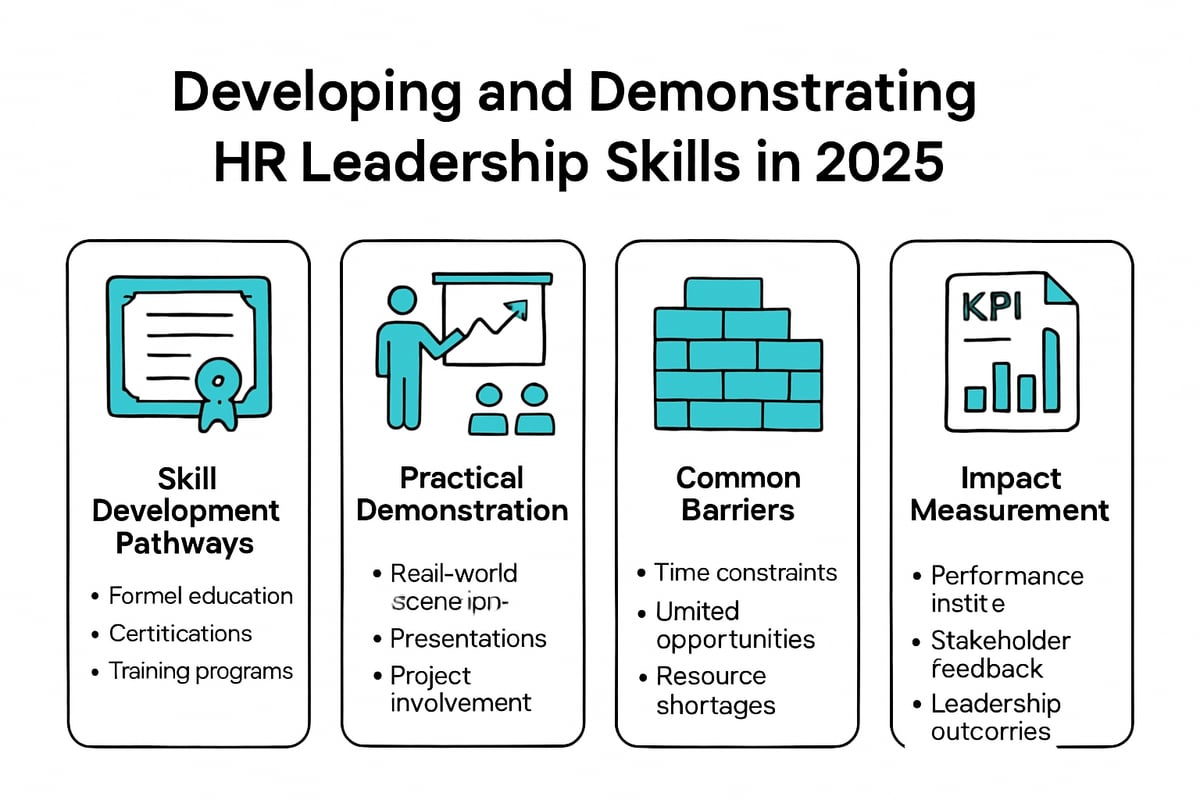
Pathways for Skill Development
Building a robust leadership hr skillset requires a multi-faceted approach. Professional certifications like SHRM, AIHR, and HRCI offer structured learning and credibility. Formal education, such as HR leadership courses and executive programs, deepens strategic thinking.
On-the-job experience is invaluable—leading cross-functional projects exposes you to real-world challenges. Peer learning networks, mentorship, and coaching are also powerful. For HR teams navigating digital transformation, human resources coaching solutions provide tailored support to accelerate growth.
Investing in diverse learning methods ensures your leadership hr abilities remain relevant and future-ready.
Demonstrating Skills in Practice
Putting leadership hr skills into action means taking charge of high-impact initiatives. Leading projects like DEIB programs or digital transformation demonstrates both vision and execution. Presenting data-driven insights to executive teams showcases analytical strength.
Building relationships across departments helps break down silos and amplifies your influence. HR leaders who manage complex change—such as a company-wide reorganization—often gain recognition and new opportunities. Many leverage executive coaching for organizational change to refine their approach and maximize results.
Demonstrating leadership hr in visible ways paves the path for advancement.
Overcoming Common Barriers
Even the best leadership hr professionals face obstacles. Time constraints and limited resources can slow upskilling. Resistance to new technologies or processes is common, especially in established organizations.
Navigating workplace politics and organizational silos requires diplomatic skill and persistence. Building a support system—mentors, coaches, or peer groups—can help you push through these challenges. Stay proactive by advocating for leadership hr initiatives and seeking continuous feedback.
Addressing barriers head-on ensures steady progress and resilience in your HR journey.
Measuring and Showcasing Impact
To highlight the value of leadership hr, tracking and communicating results is key. Use KPIs like retention rates, engagement scores, and promotion statistics to quantify your impact. Collect success stories from major projects to provide context.
Regular self-assessment and feedback loops drive ongoing improvement. Sharing your wins with stakeholders builds trust and amplifies your influence. For deeper insights on aligning HR impact with business strategy, consult resources like the HR Trends 2025 Report.
Effective measurement ensures your leadership hr contributions are visible and valued.
Future-Proofing Your HR Leadership Career
The world of leadership hr is changing faster than ever. Staying ahead means constantly adapting your skills, mindset, and approach. Let’s explore how you can prepare for tomorrow’s challenges and ensure your career remains on the cutting edge.
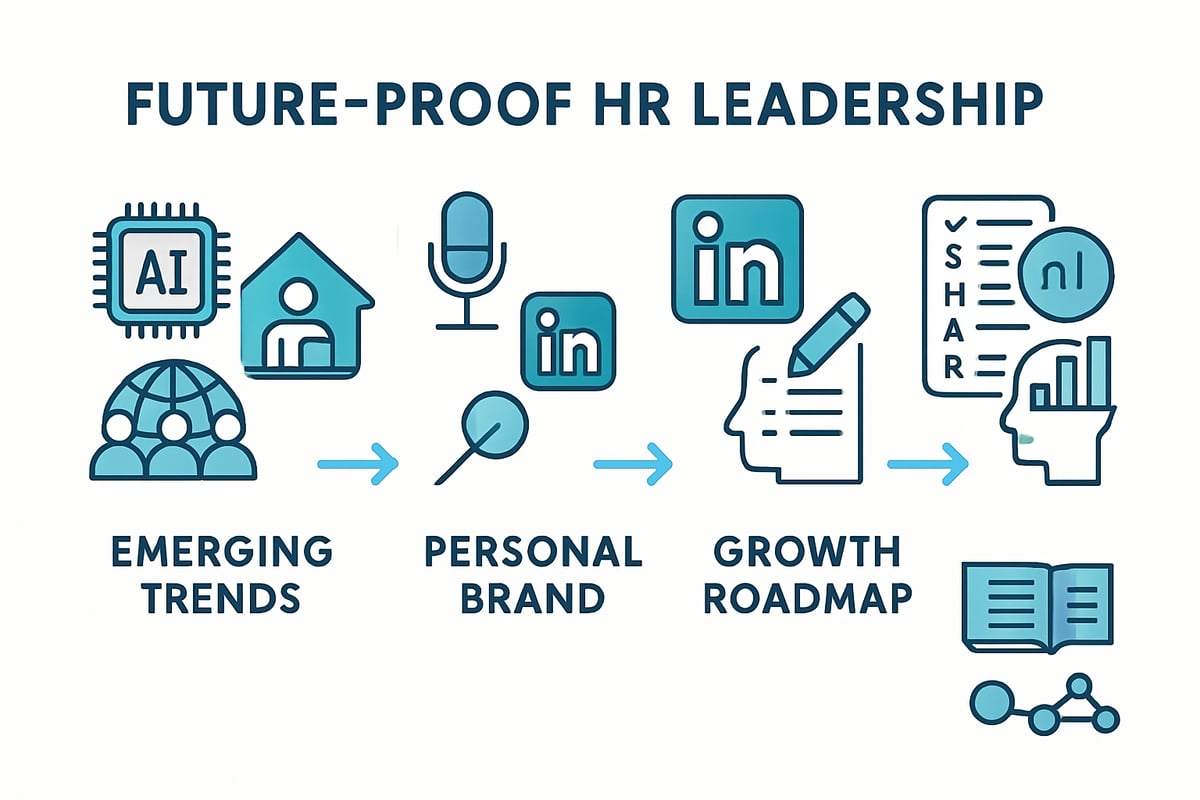
Anticipating Emerging Trends
To succeed in leadership hr, you must keep your finger on the pulse of what’s next. Generative AI, automation, and data-driven processes are redefining how HR leaders approach talent, engagement, and retention.
Employee expectations are evolving rapidly—flexibility, purpose, and well-being now drive workplace satisfaction. Globalization is also creating more diverse, cross-cultural teams, pushing leaders to adapt their strategies for communication and inclusion.
Stay updated by reading reports like HR Priorities Shift in 2025 and following articles such as Leading Through Change: 4 Trends Shaping HR in 2025, which highlight the profound impact of these shifts on leadership hr roles.
Building a Personal Leadership Brand
Your leadership hr career is also shaped by your reputation and visibility. Building a strong brand means sharing your expertise, whether through speaking engagements, writing, or active networking in the HR community.
Leverage platforms like LinkedIn to showcase your thought leadership and celebrate your achievements. Engage in HR forums, contribute to industry conversations, and position yourself as an innovator in talent management.
As the field evolves, those recognized for forward-thinking approaches will attract new opportunities and become go-to voices for the future of leadership hr.
Creating a Roadmap for Ongoing Growth
Future-proofing leadership hr skills requires a clear, actionable plan. Start by setting SMART goals—Specific, Measurable, Achievable, Relevant, and Time-bound—for both skill development and career milestones.
Regularly seek feedback from mentors, peers, and team members to identify growth areas. Embrace change by enrolling in new courses, attending webinars, or joining cross-functional projects that stretch your abilities.
Continuous learning is non-negotiable in leadership hr. Make adaptability part of your roadmap, and you’ll be ready to seize new opportunities as the landscape shifts.
Resources and Next Steps
Equip yourself with resources tailored for leadership hr growth. Read top HR books, subscribe to podcasts featuring industry experts, and explore online courses on emerging topics.
Join professional associations and HR leadership forums to expand your network and gain access to exclusive development opportunities.
Action step: Assess your current leadership hr skills, prioritize areas for improvement, and commit to one new learning initiative this quarter. Investing in yourself today ensures you’ll stay ahead in tomorrow’s HR world.
